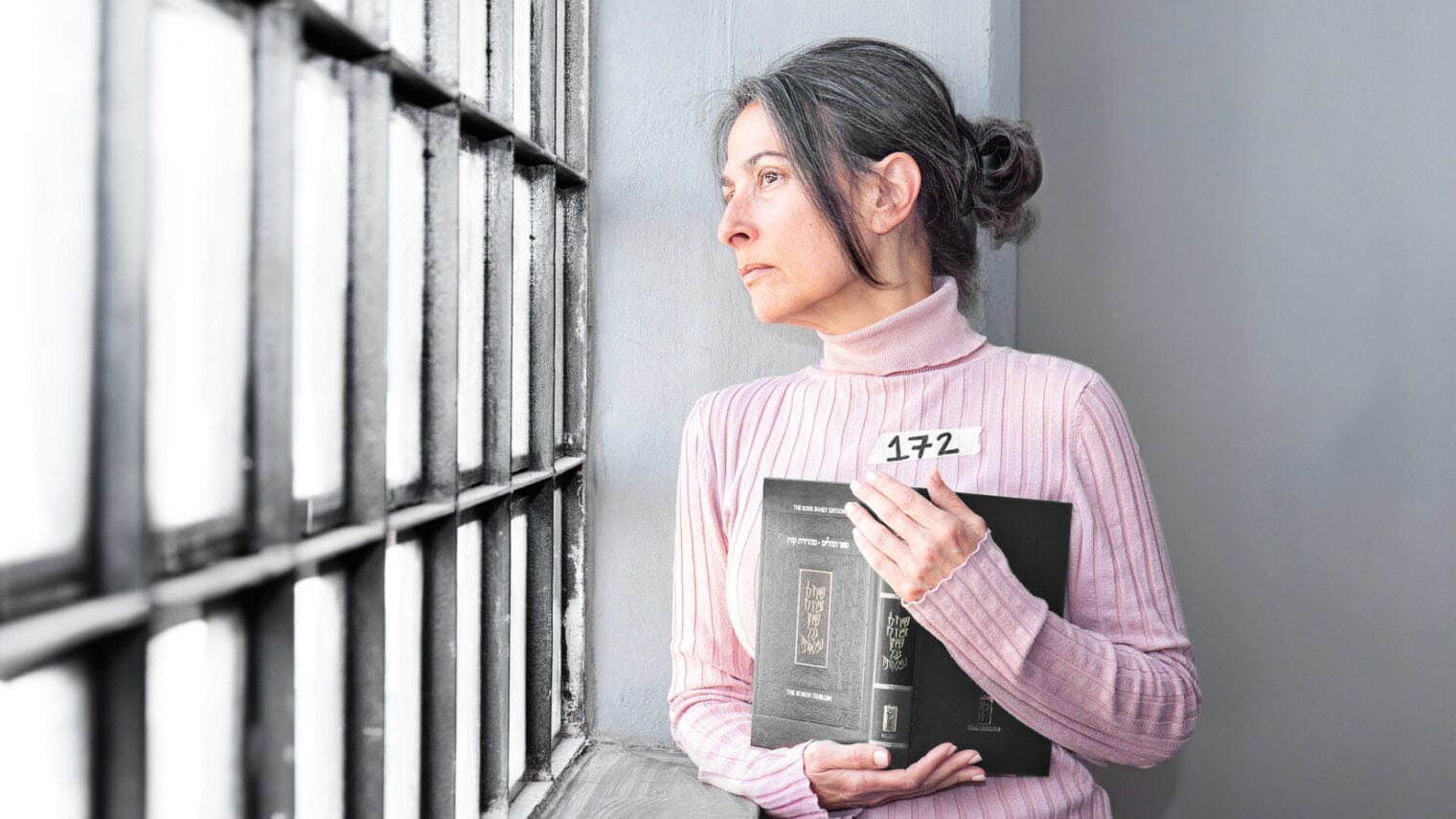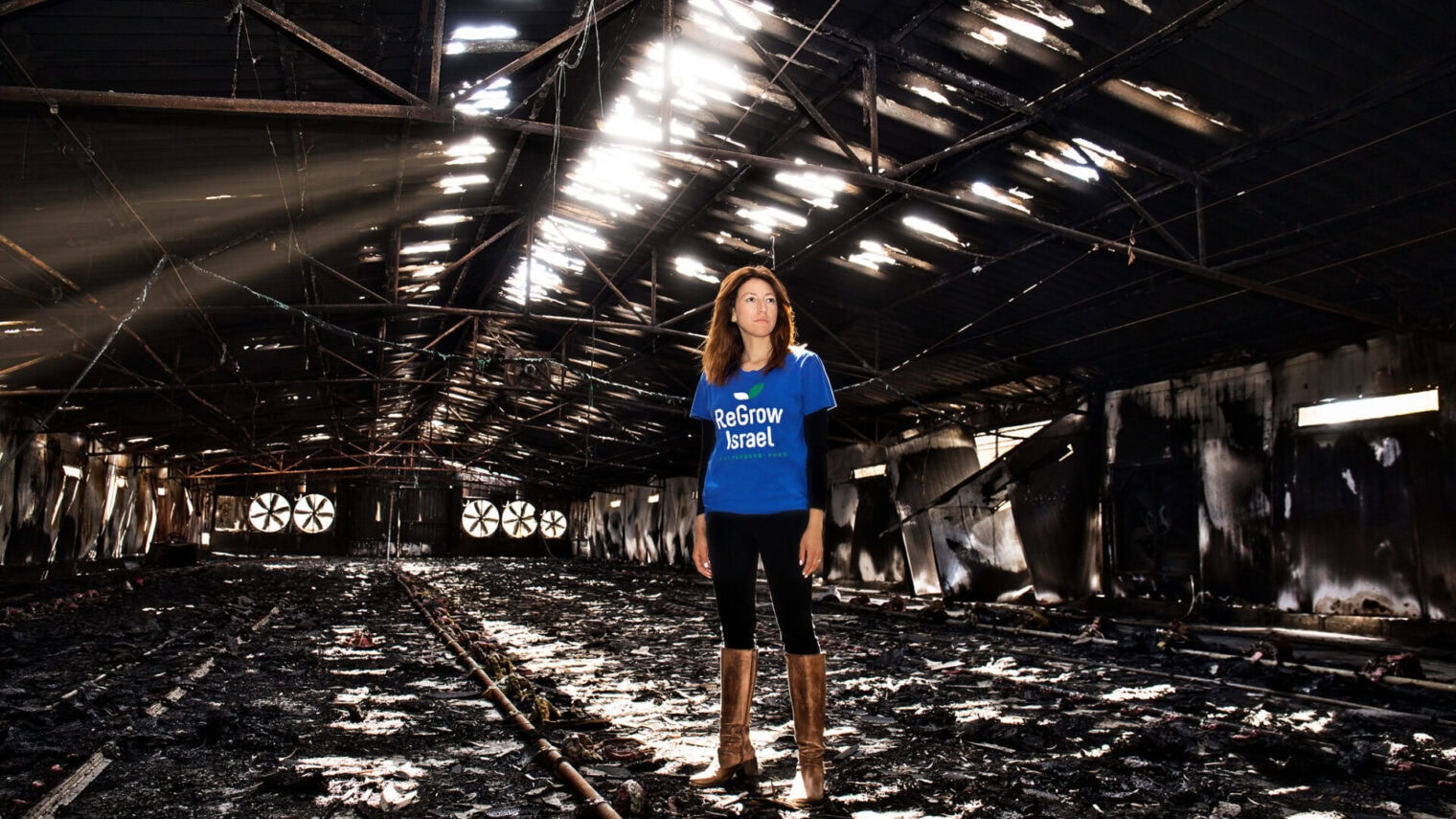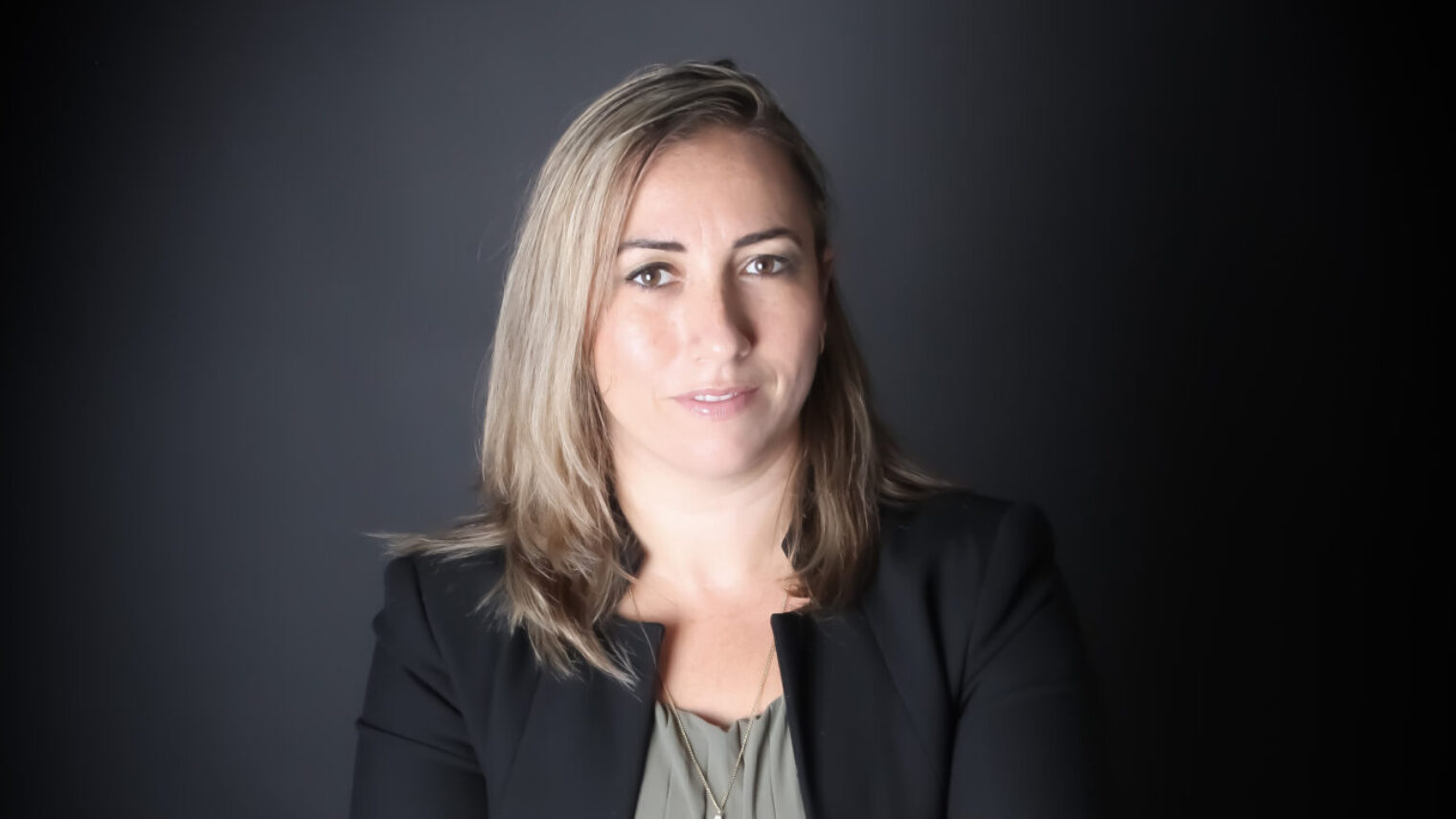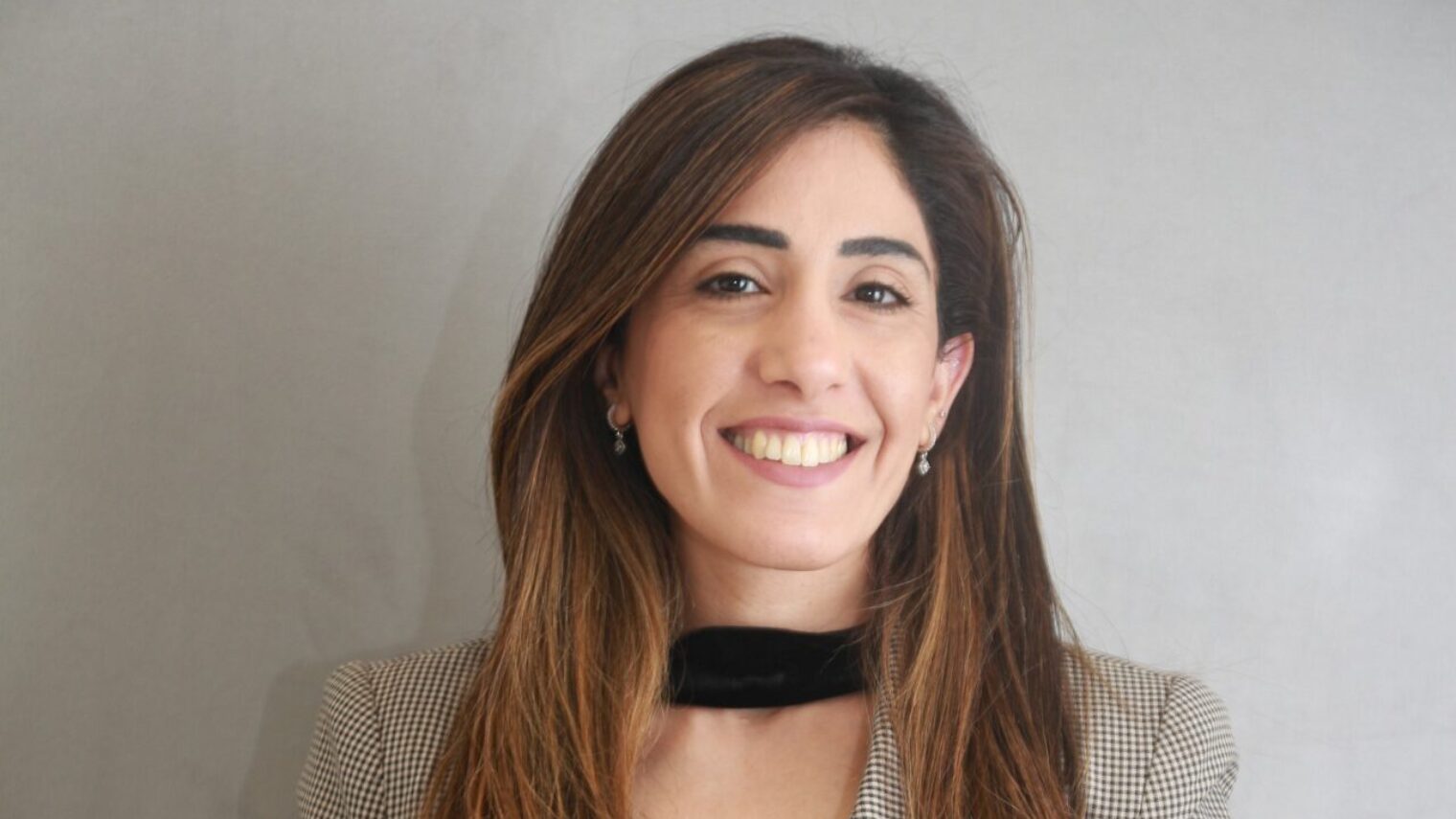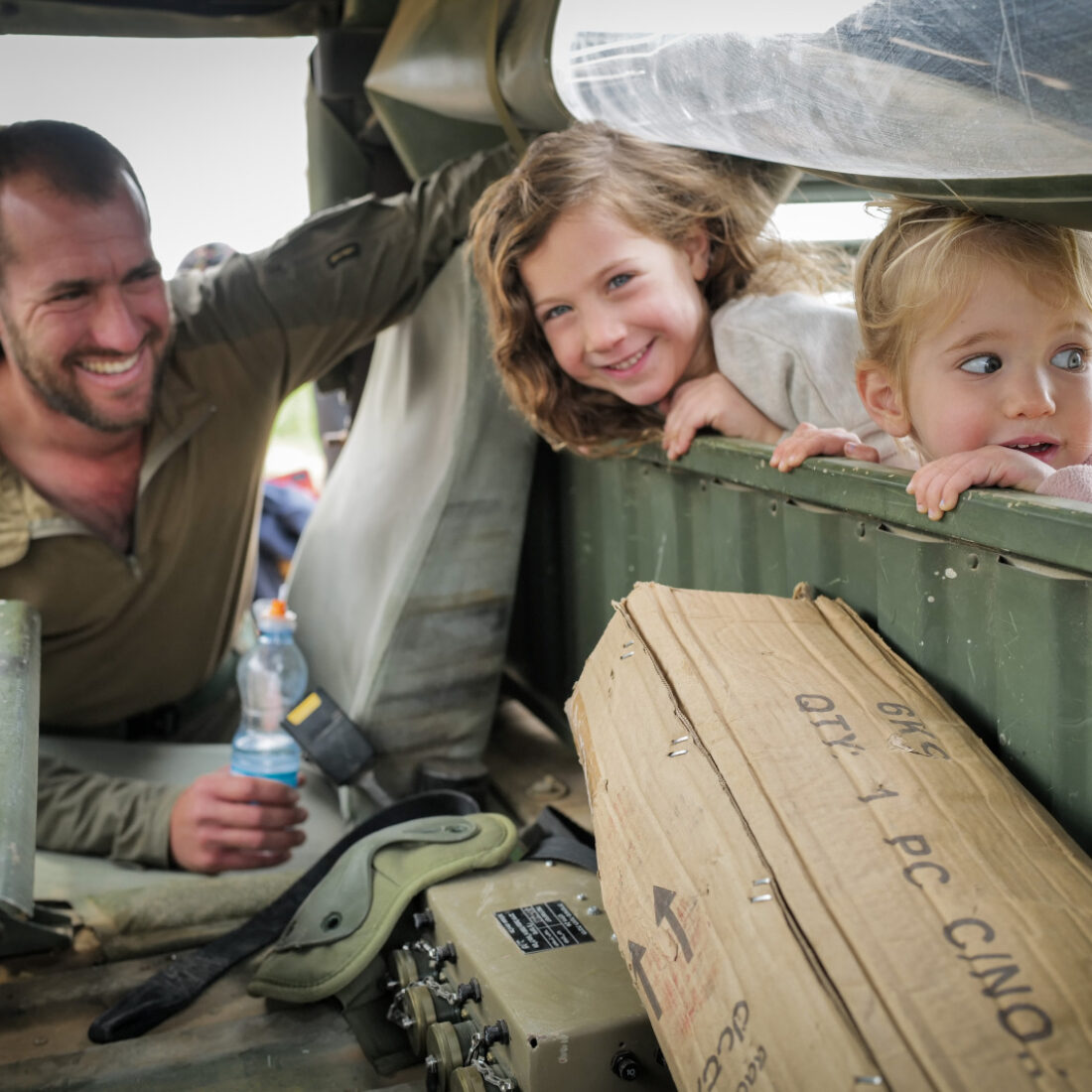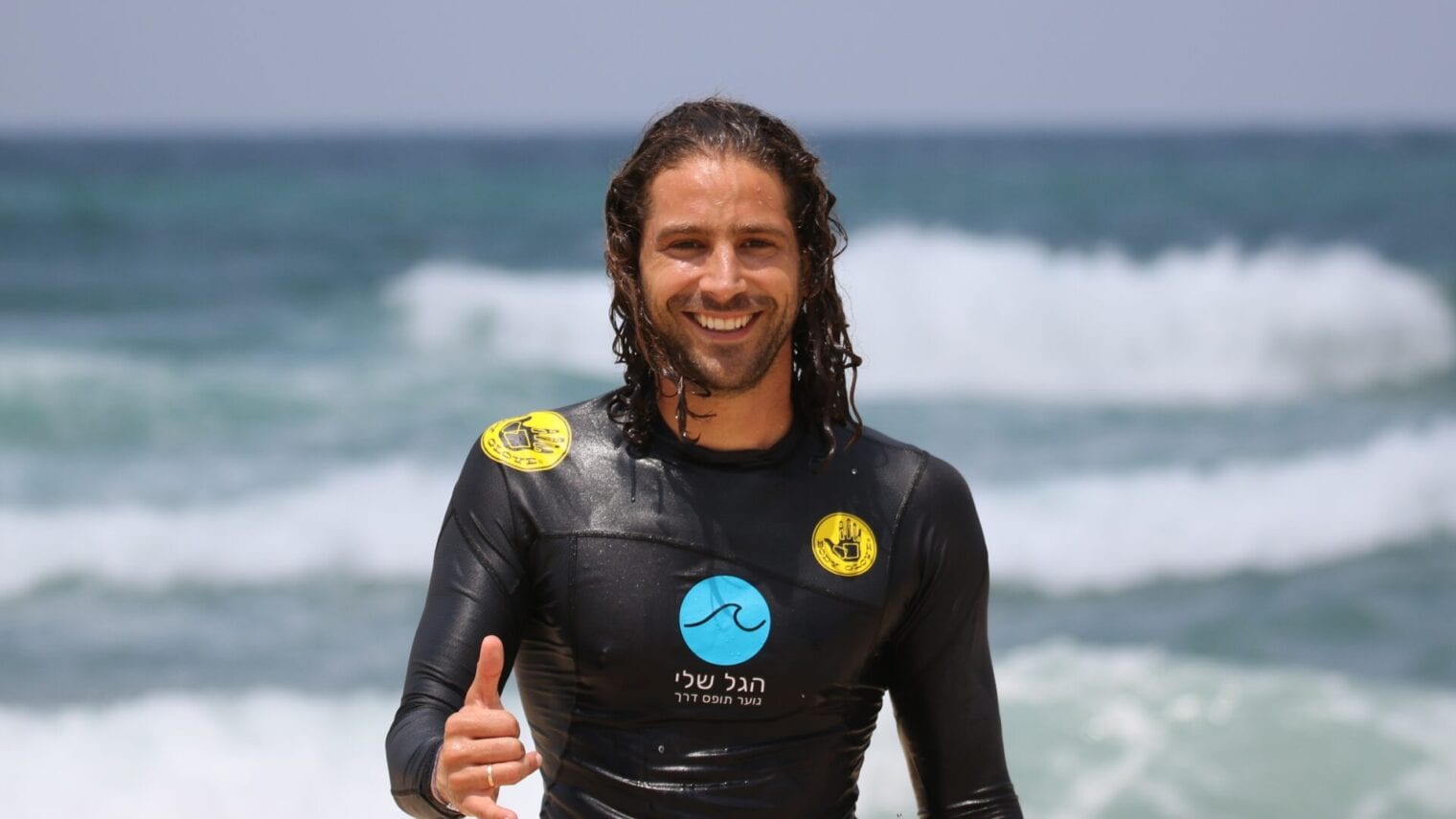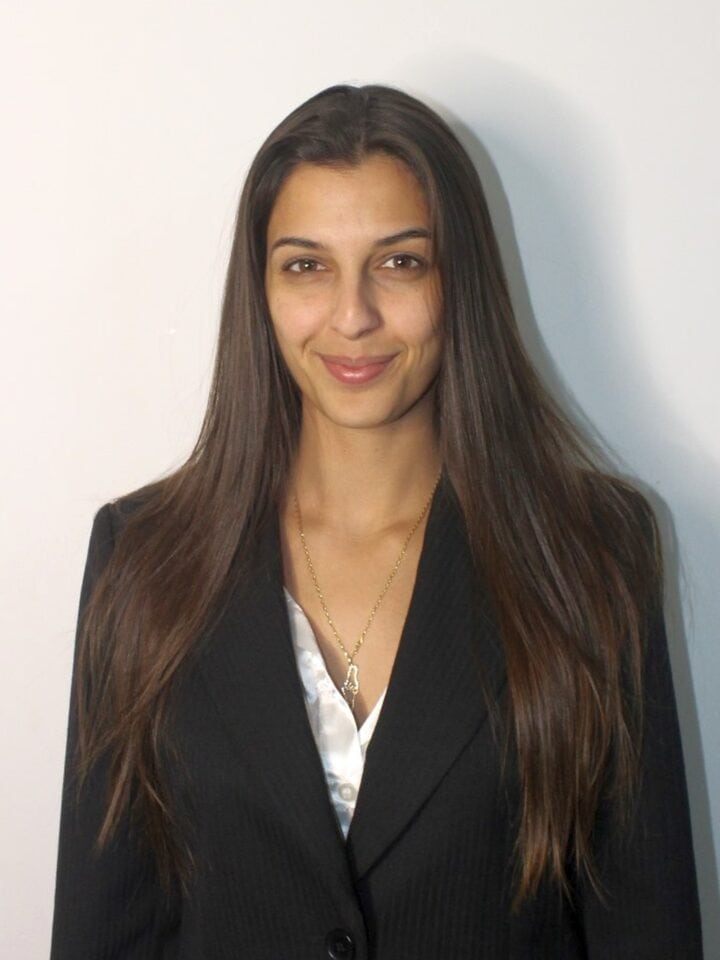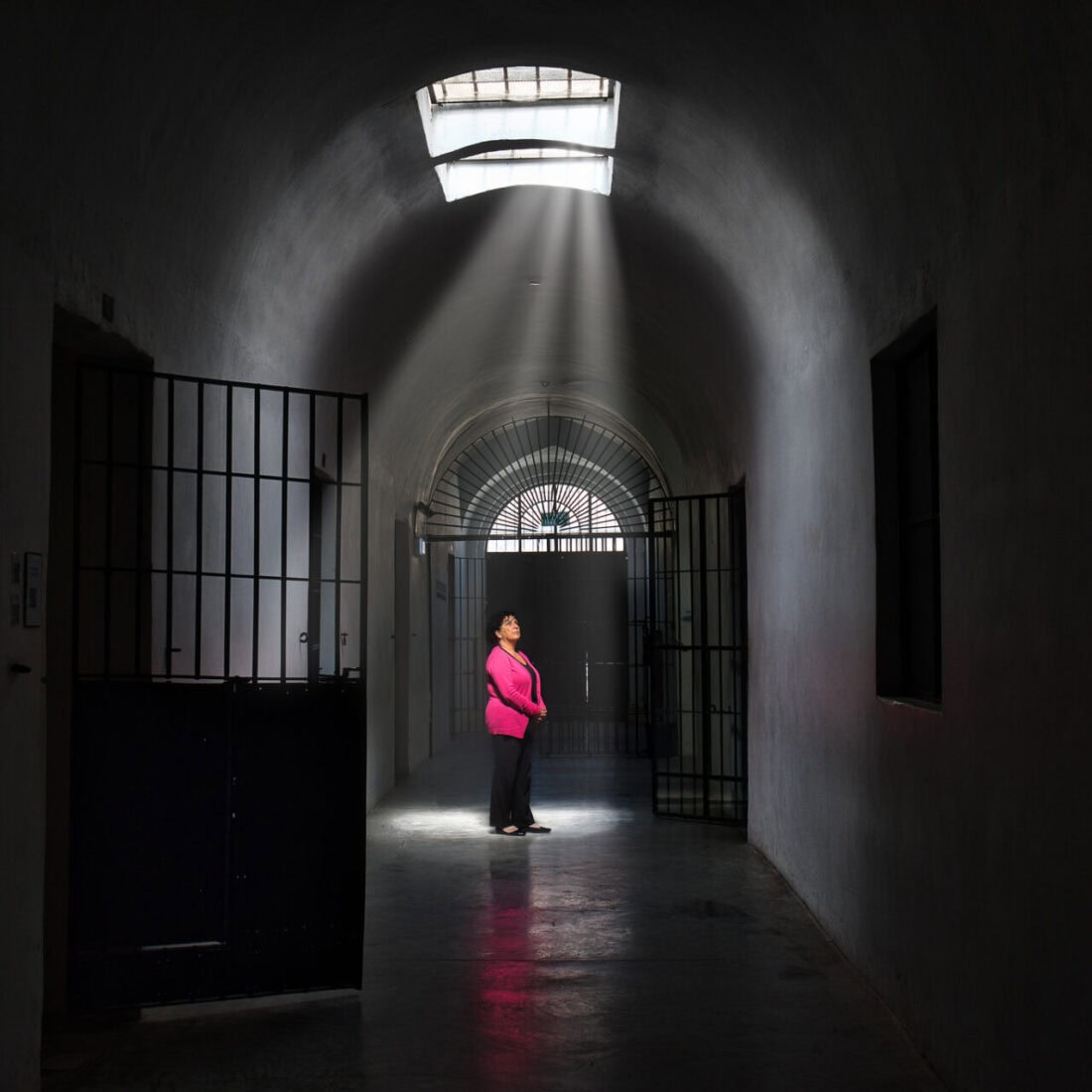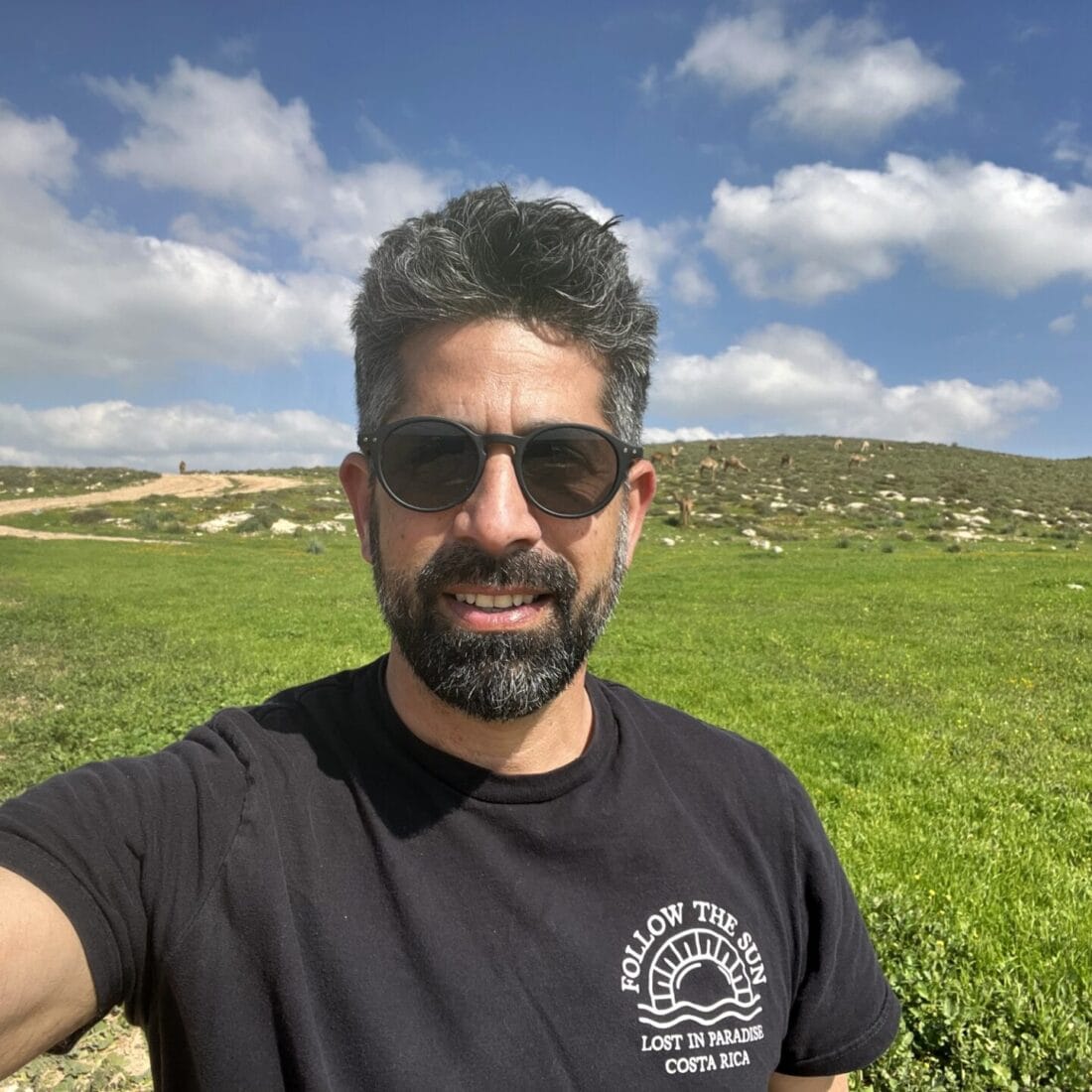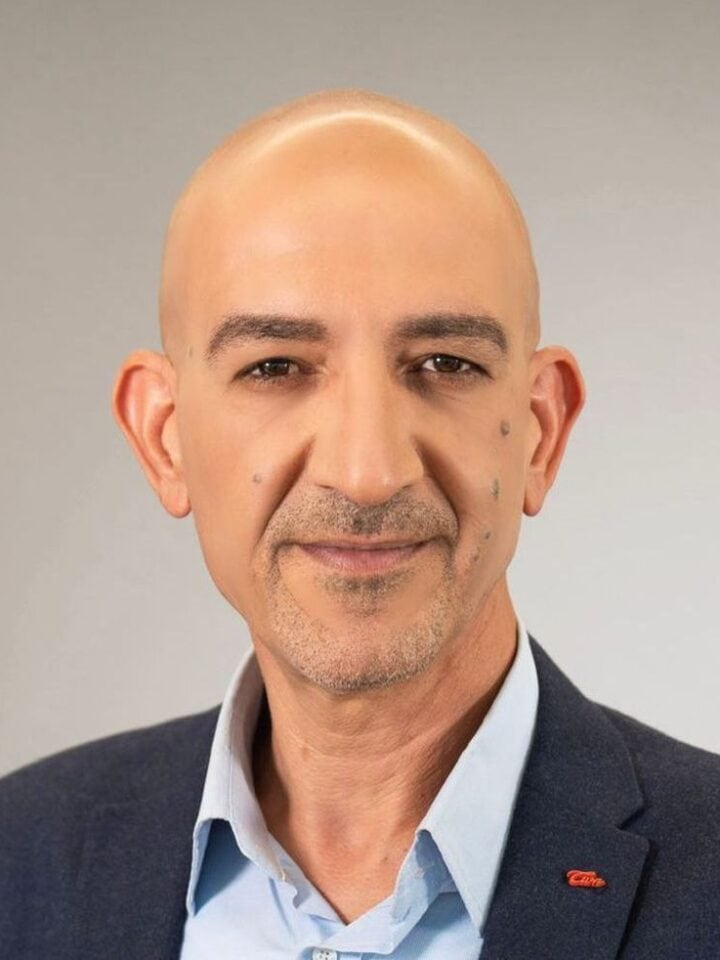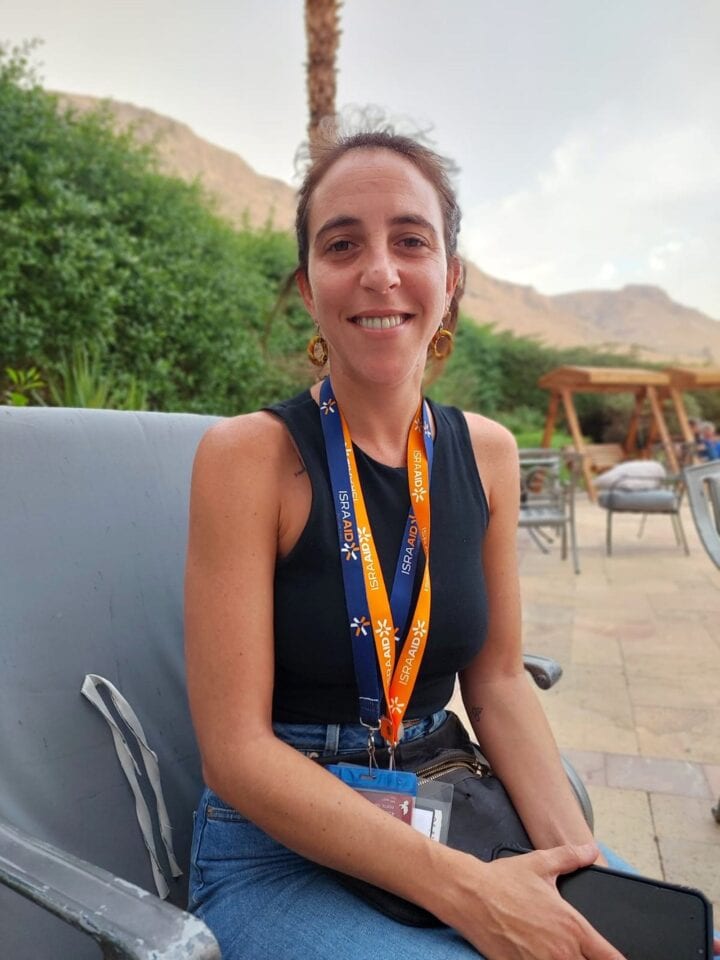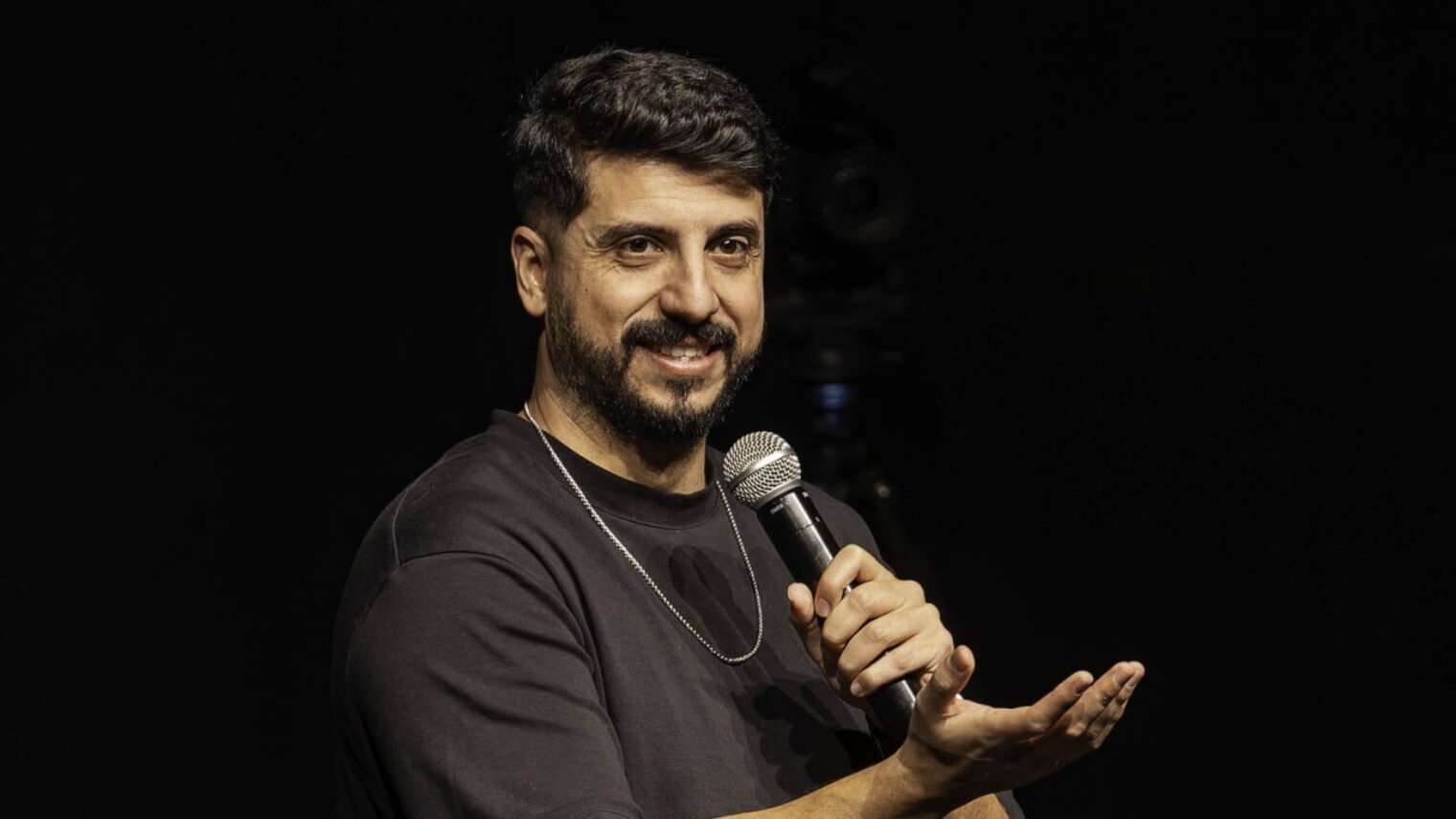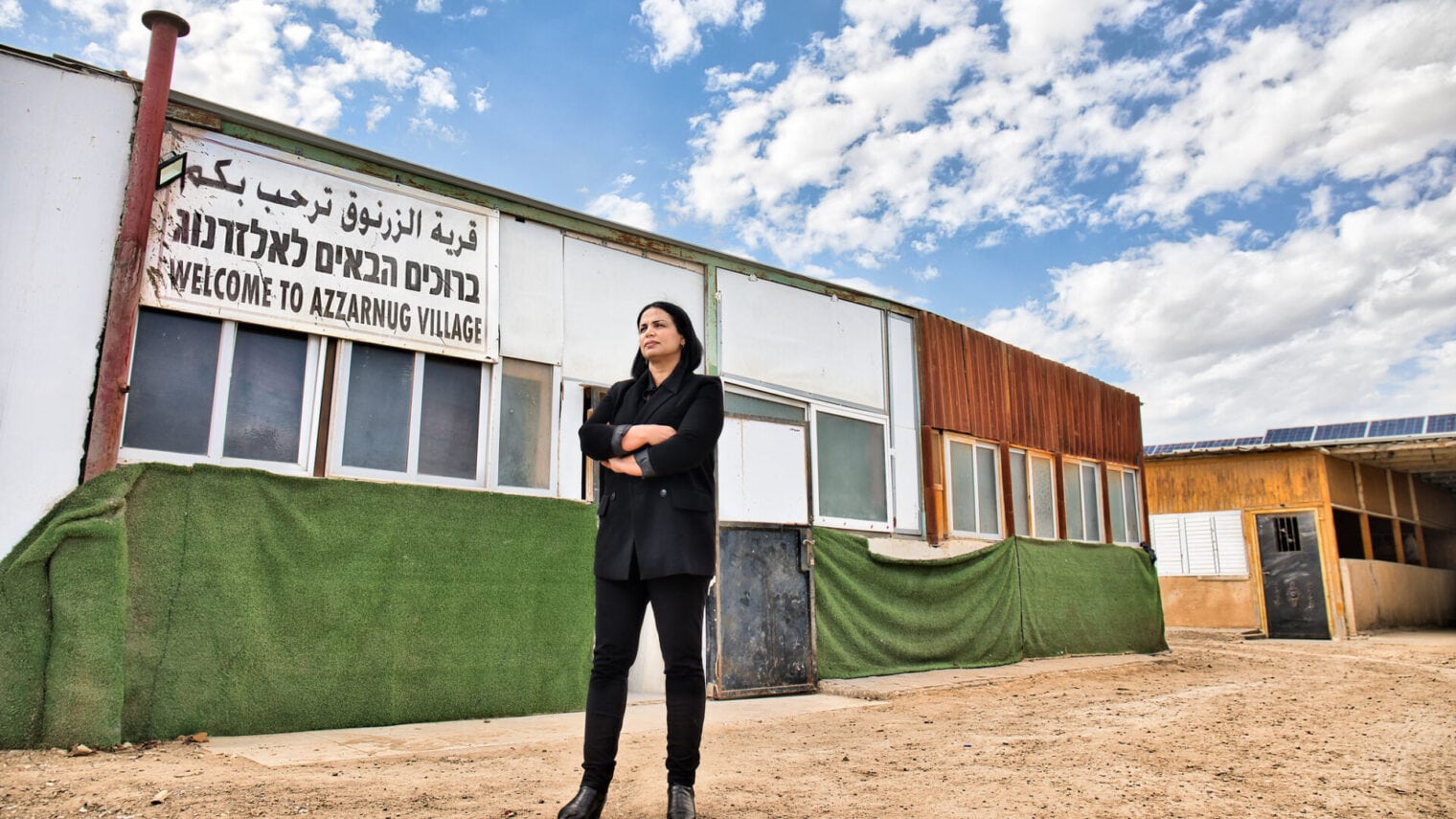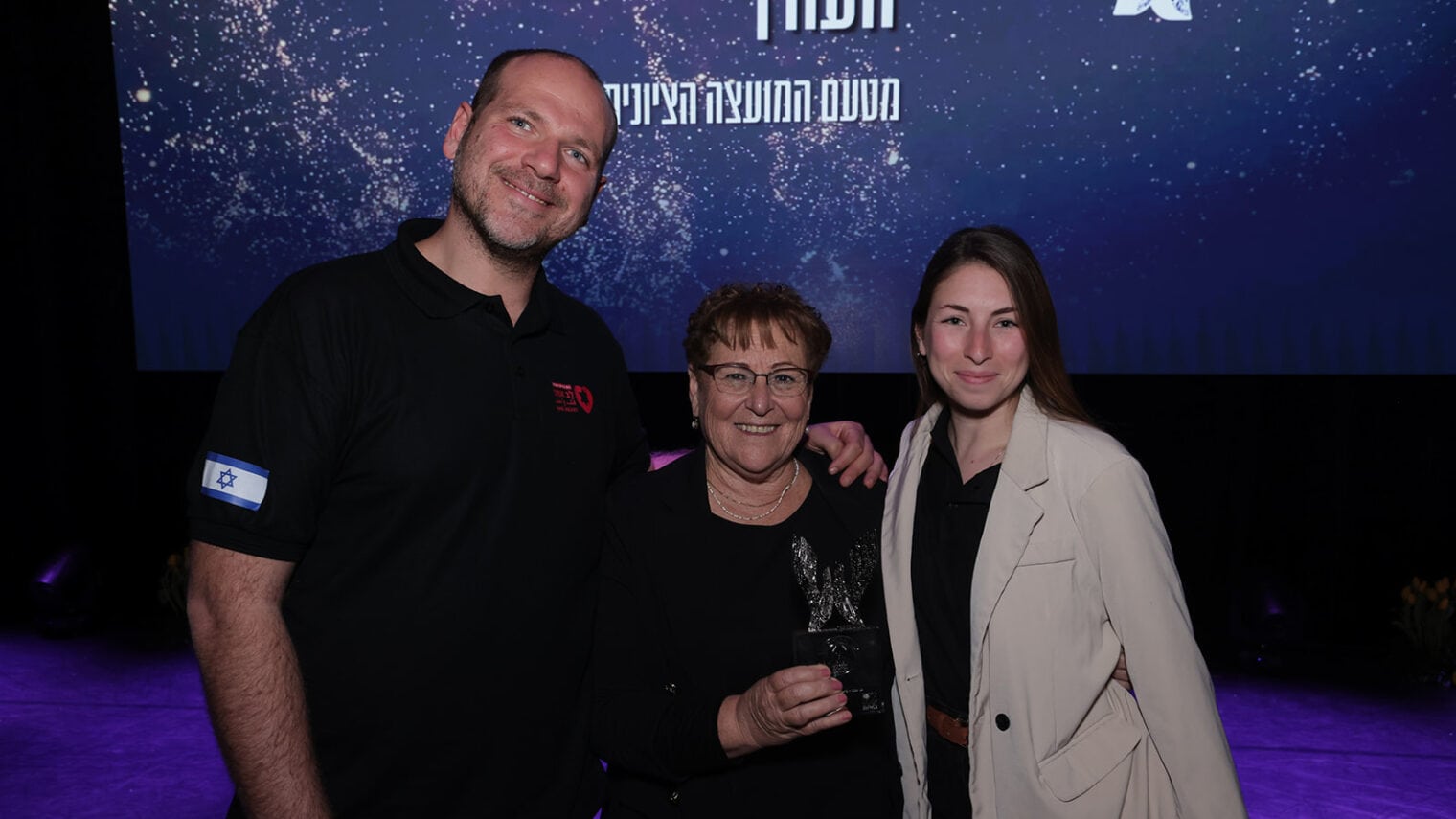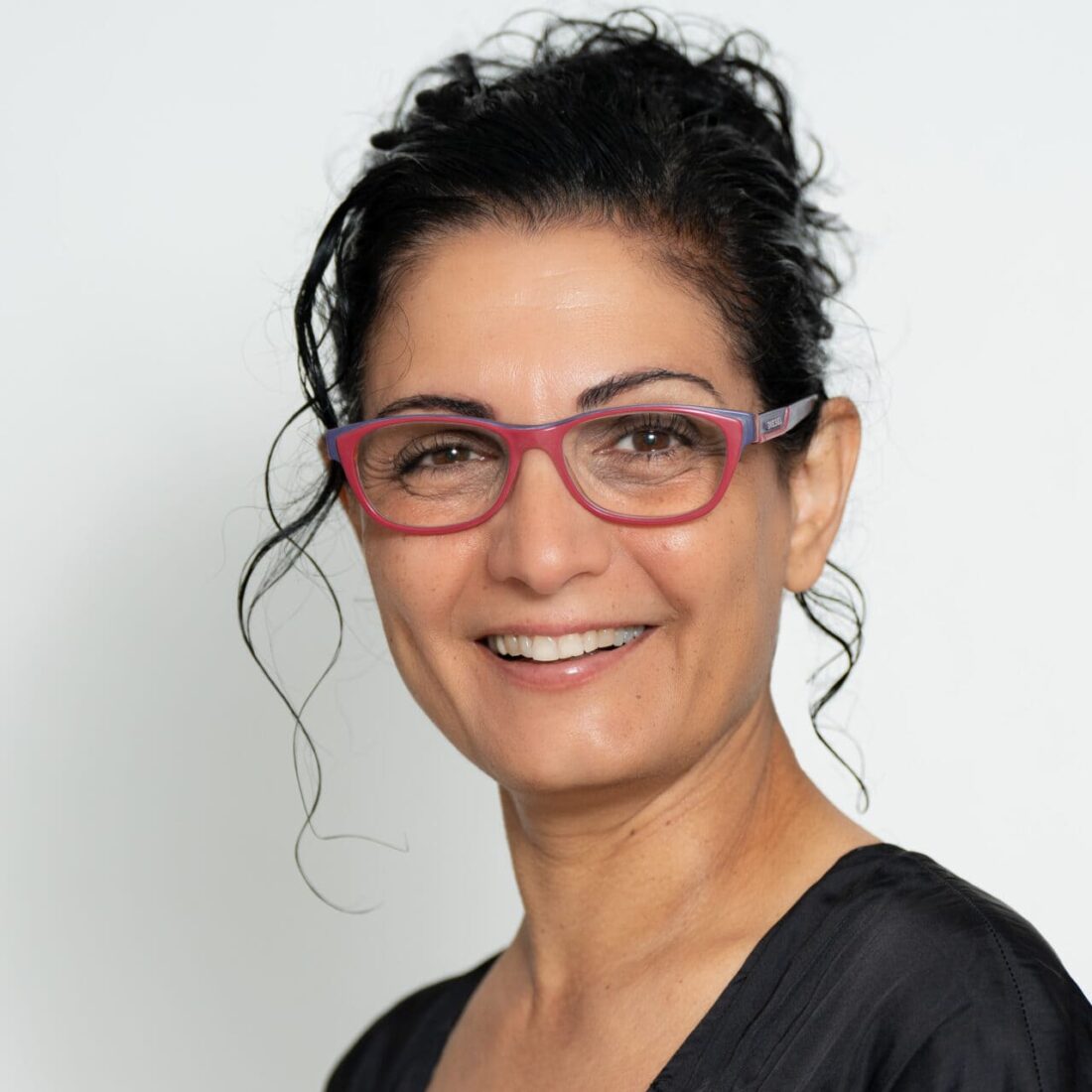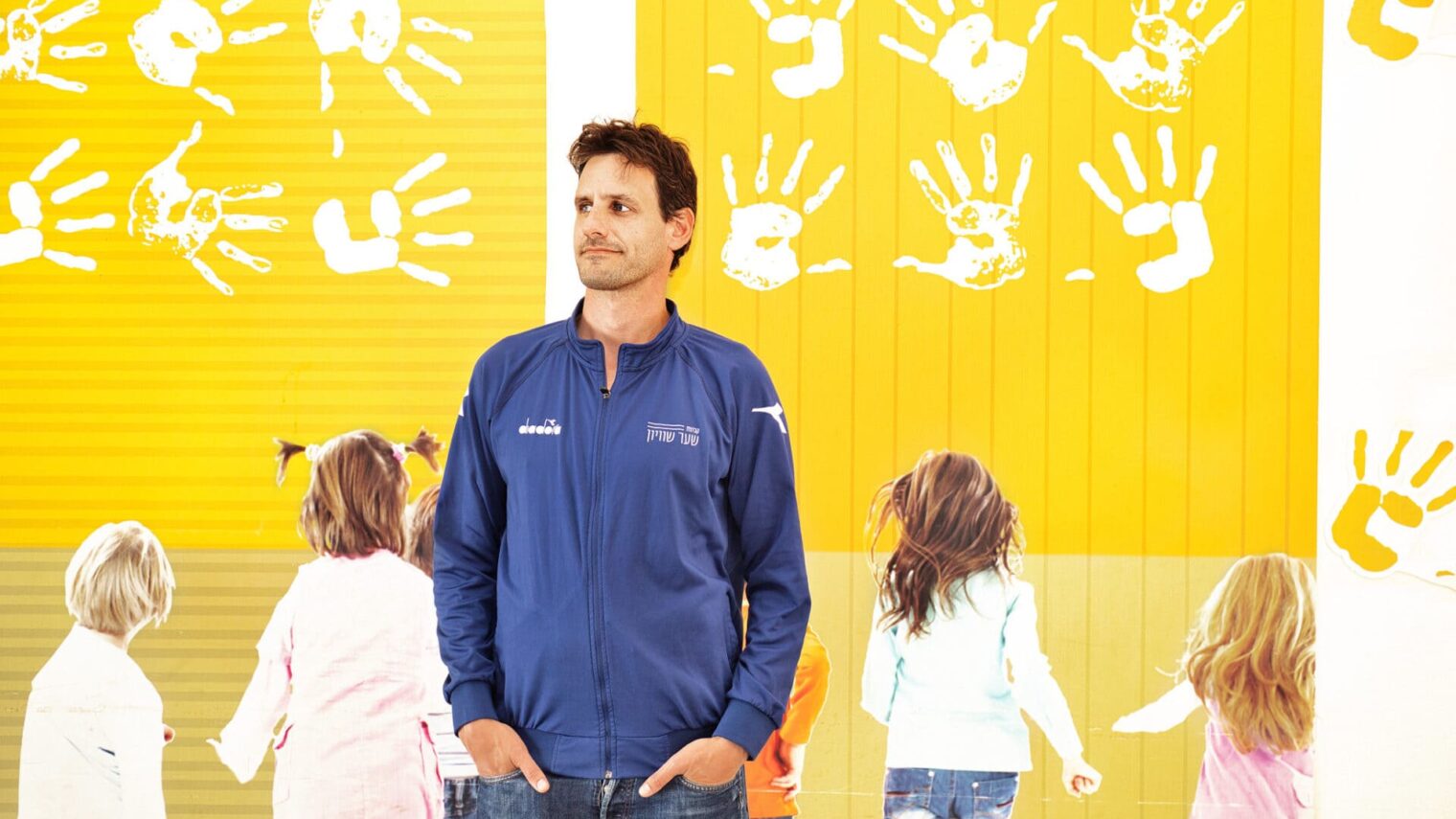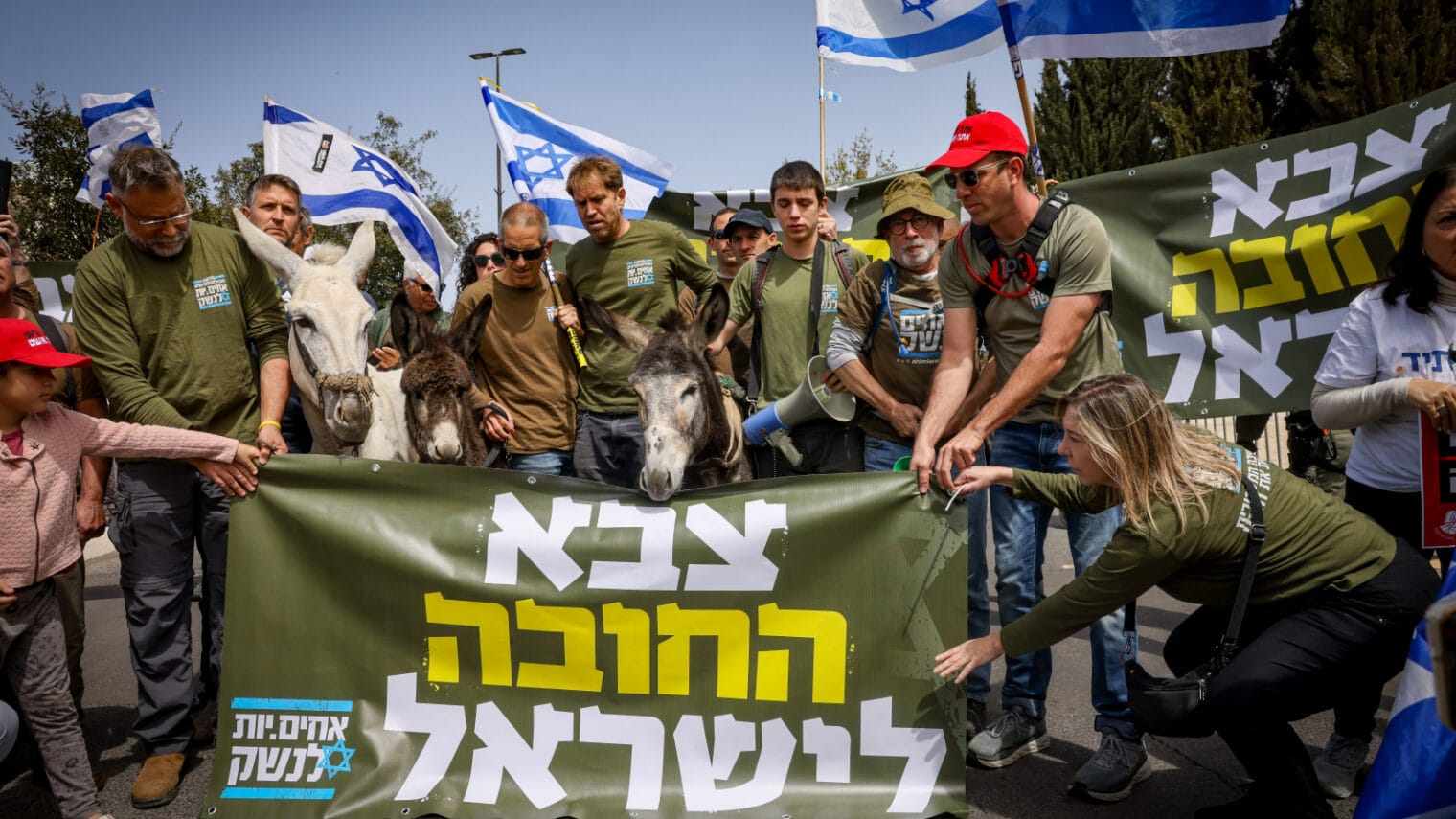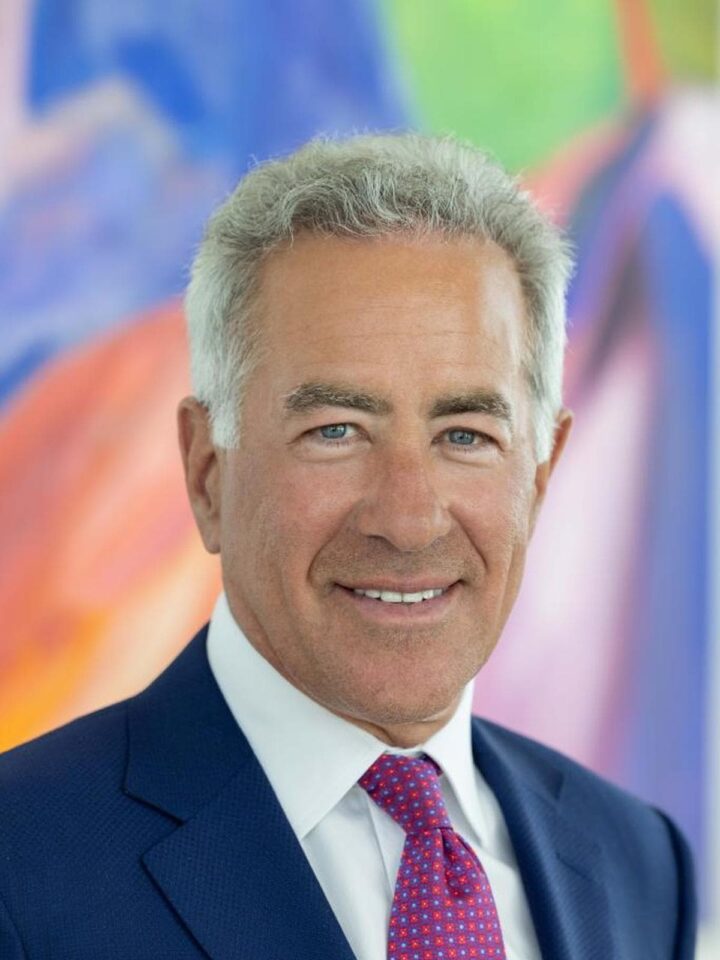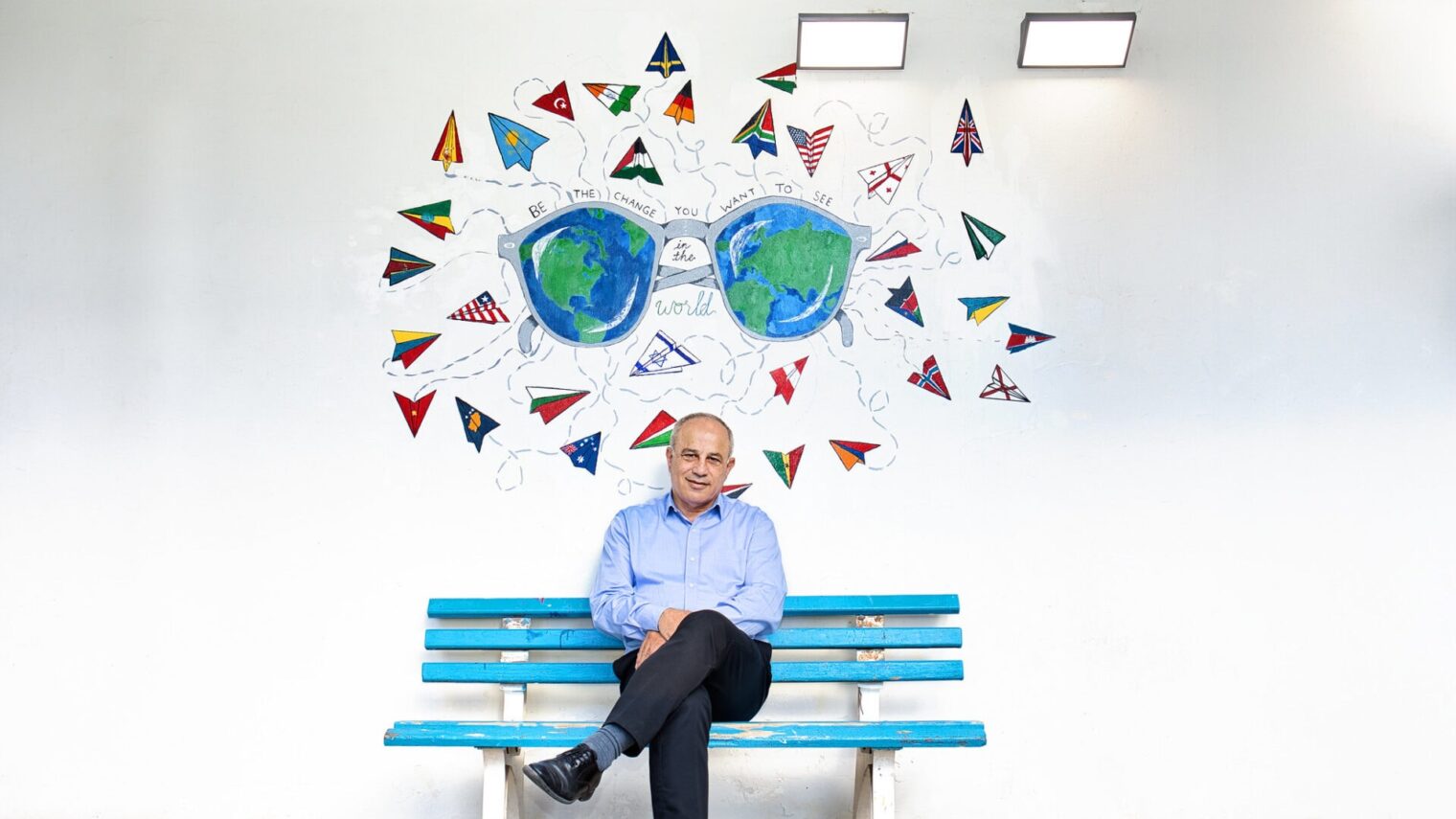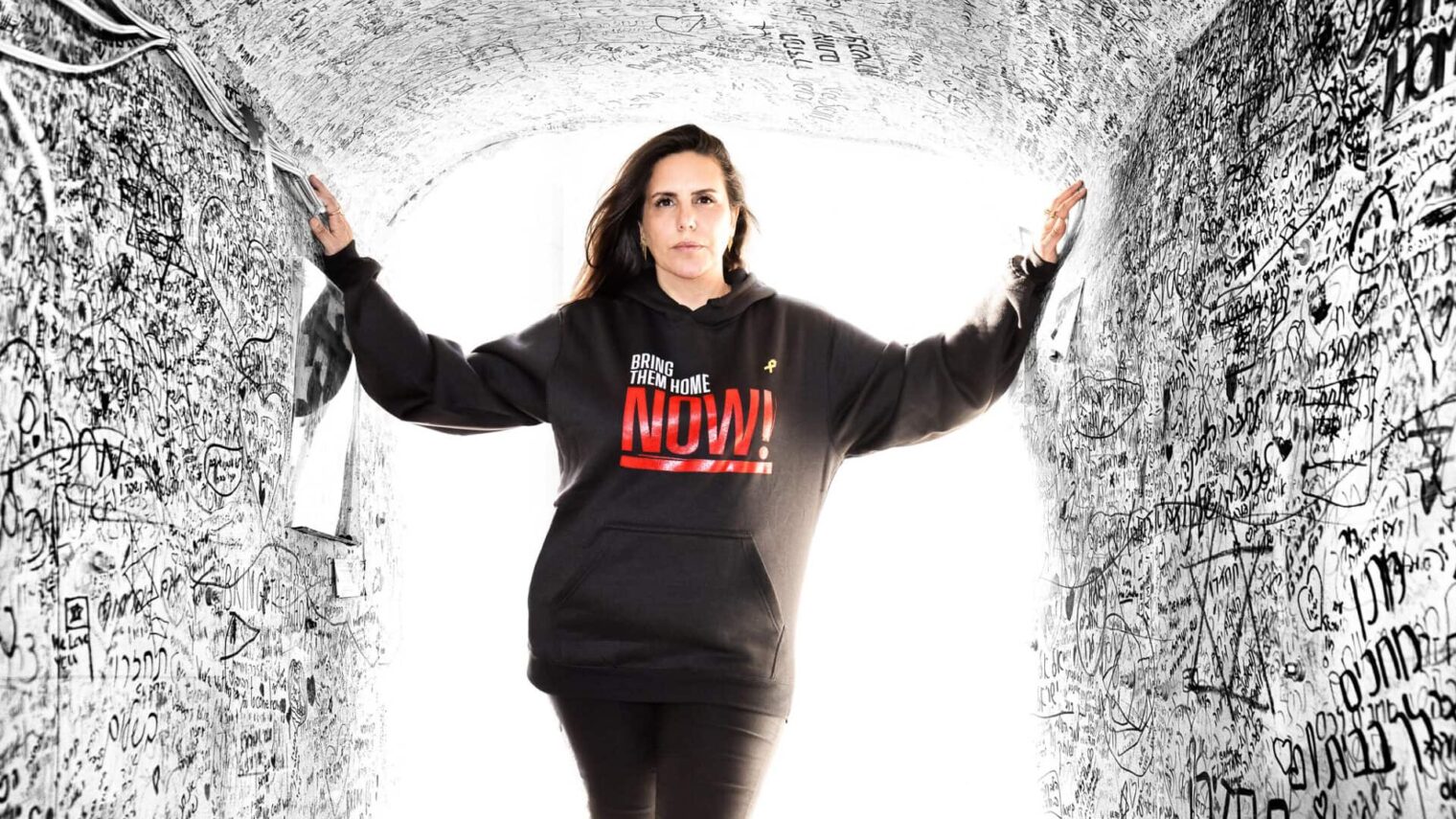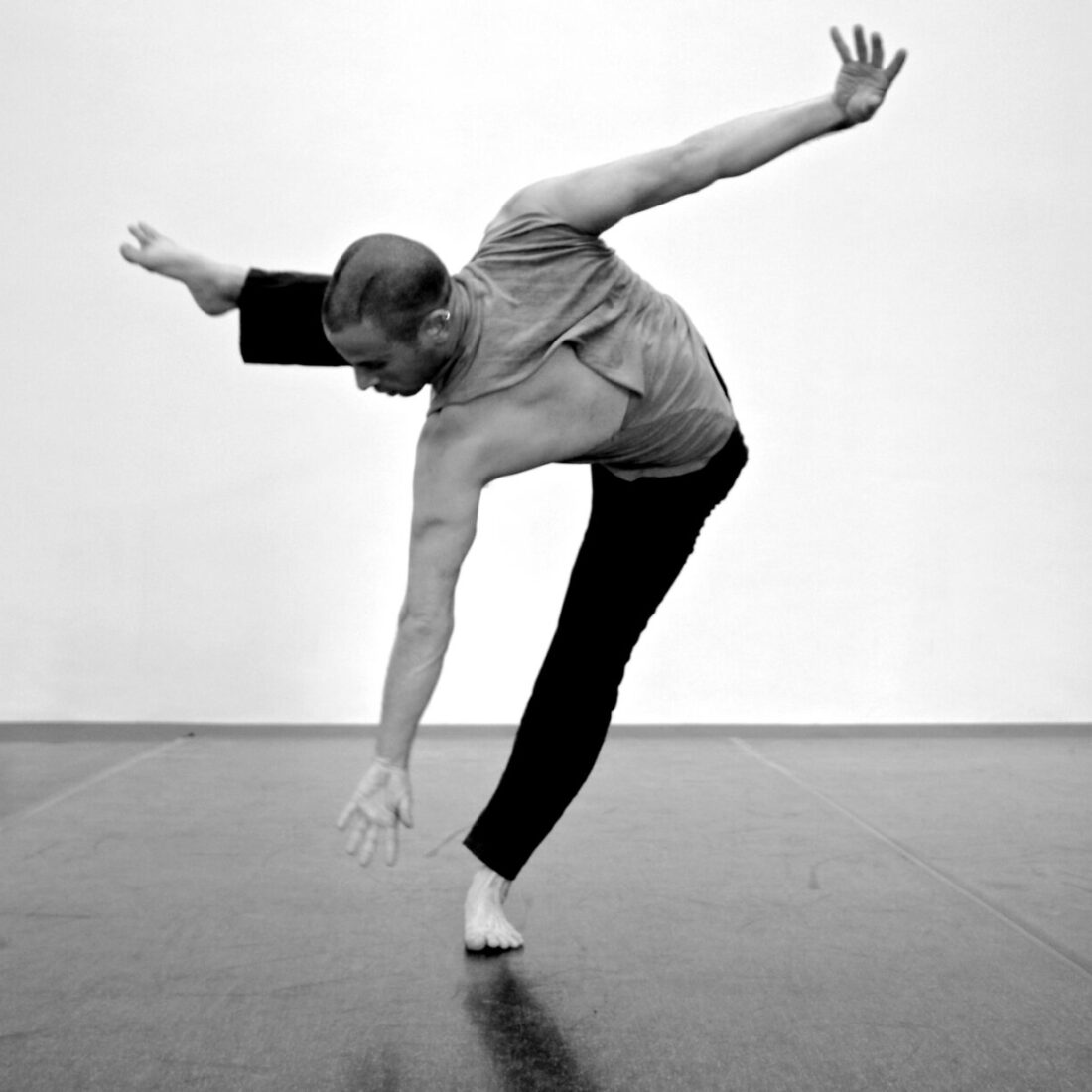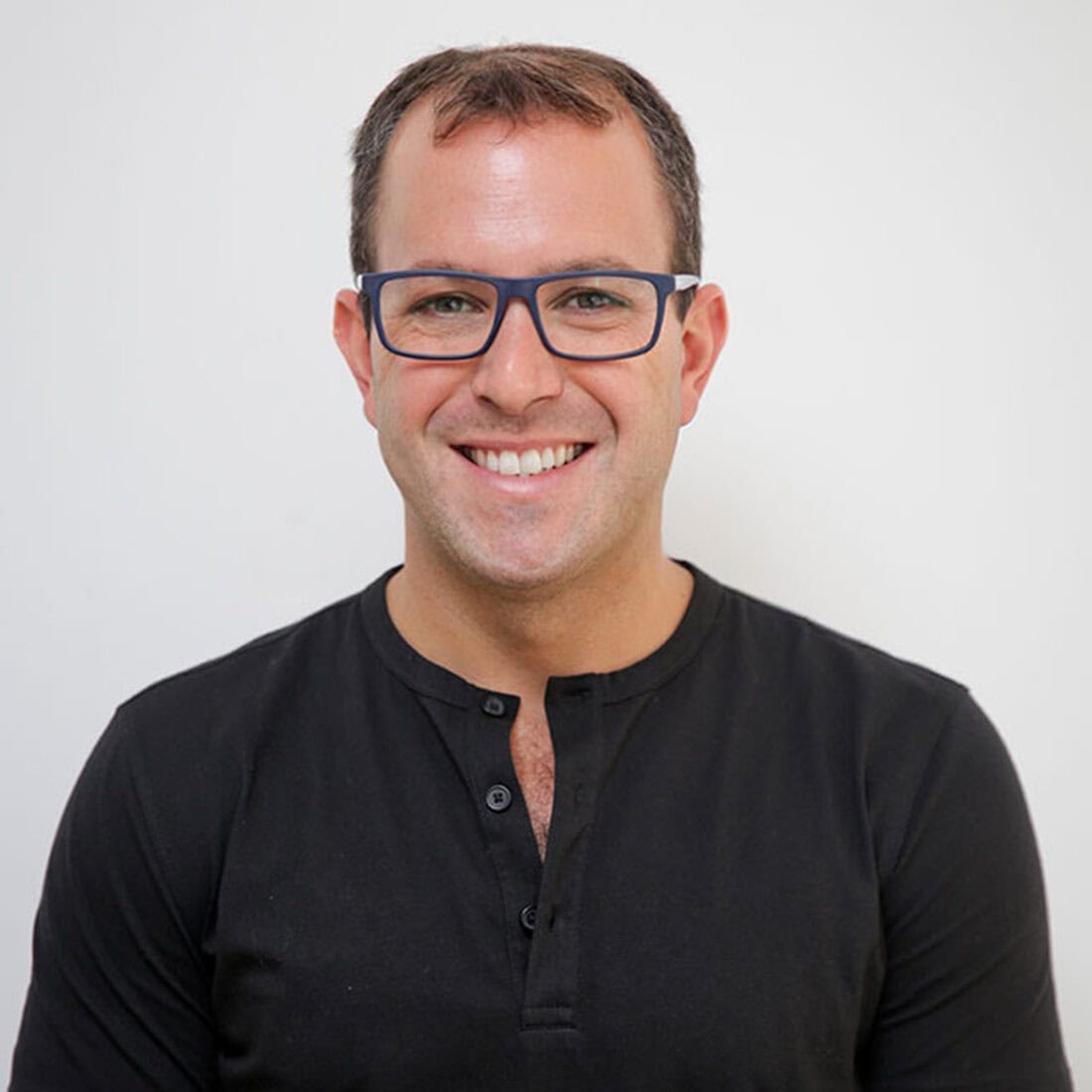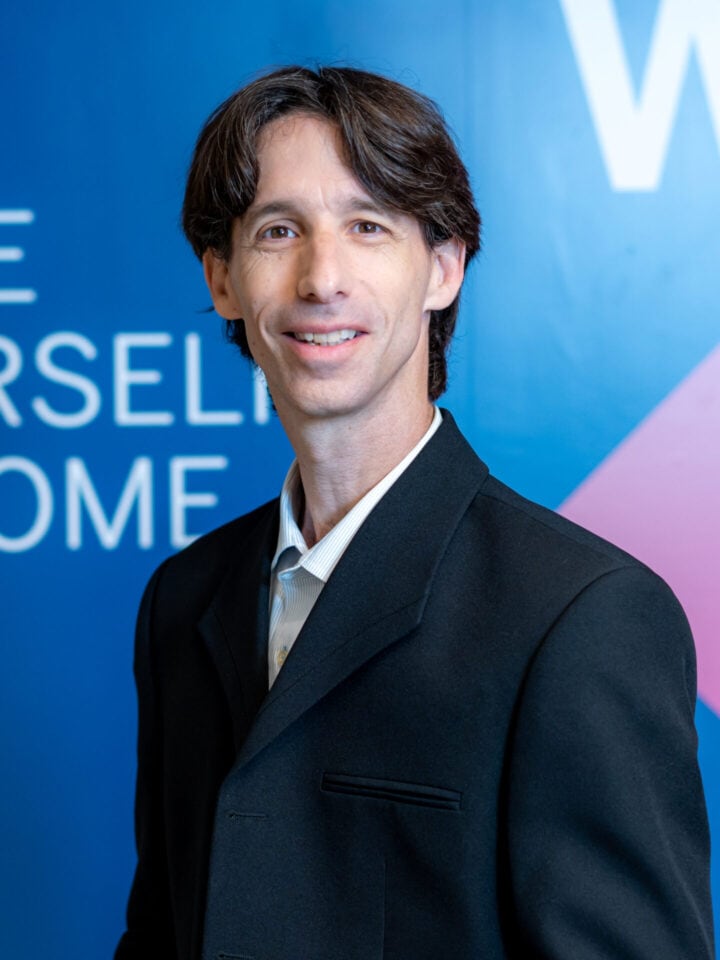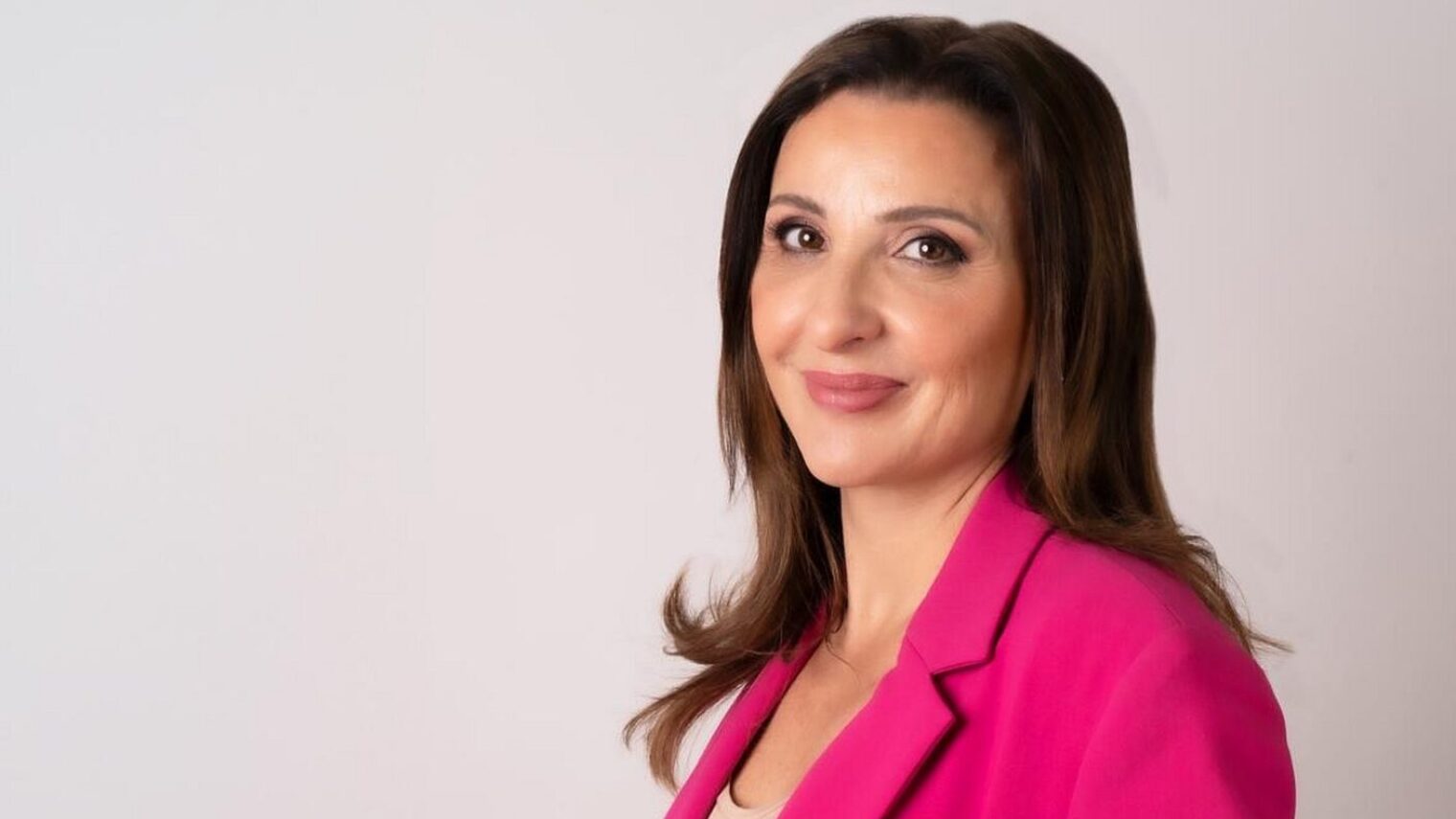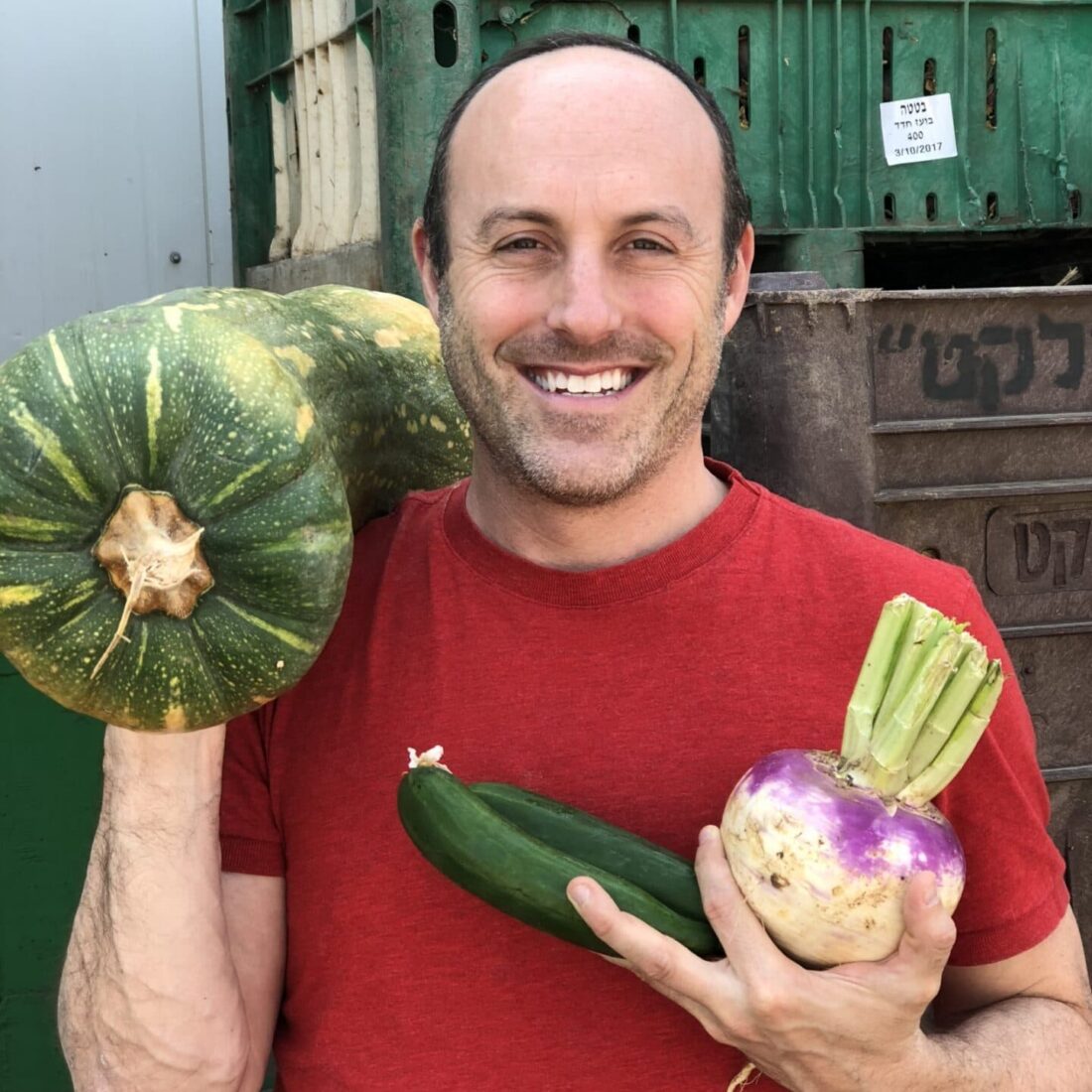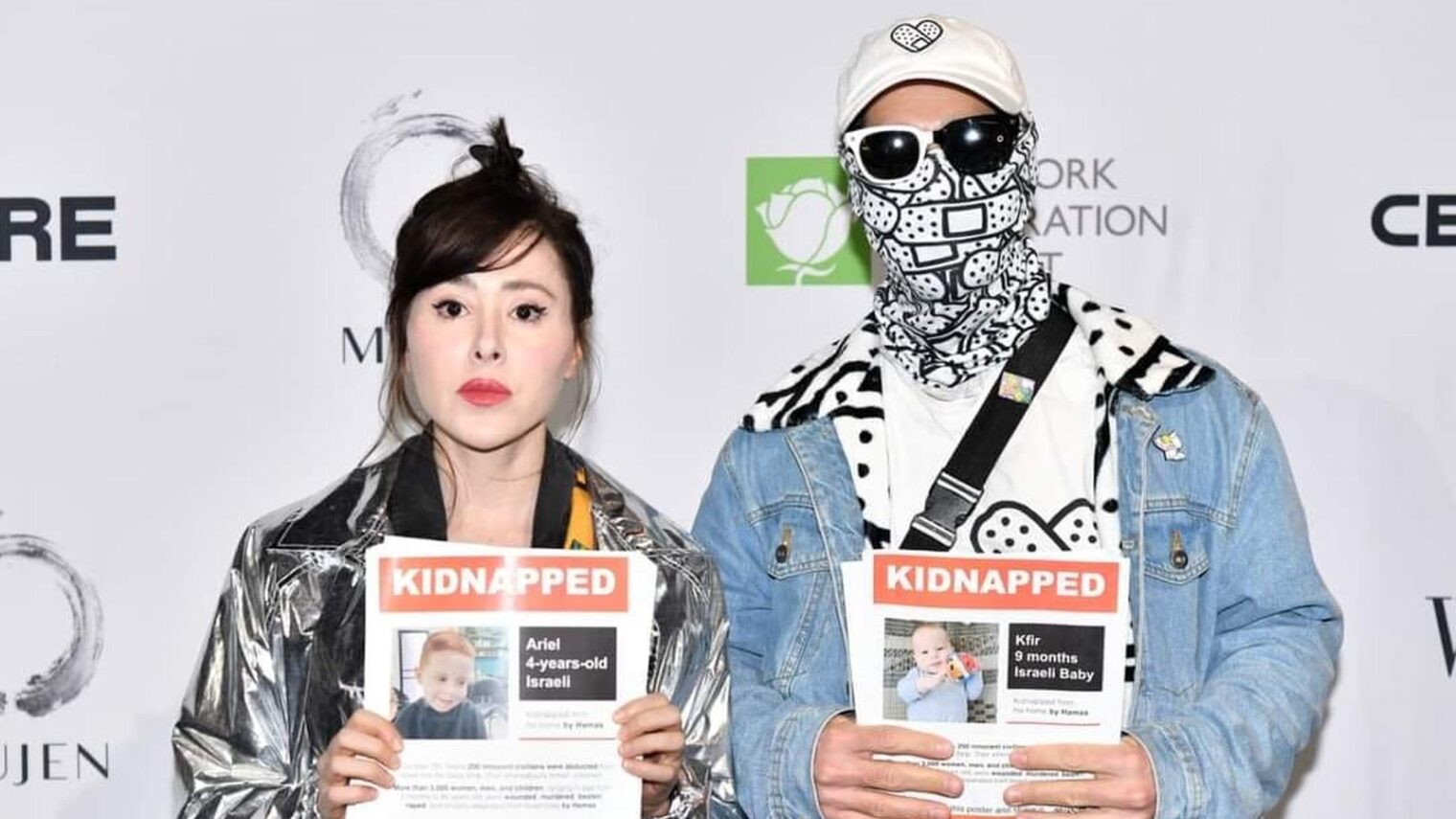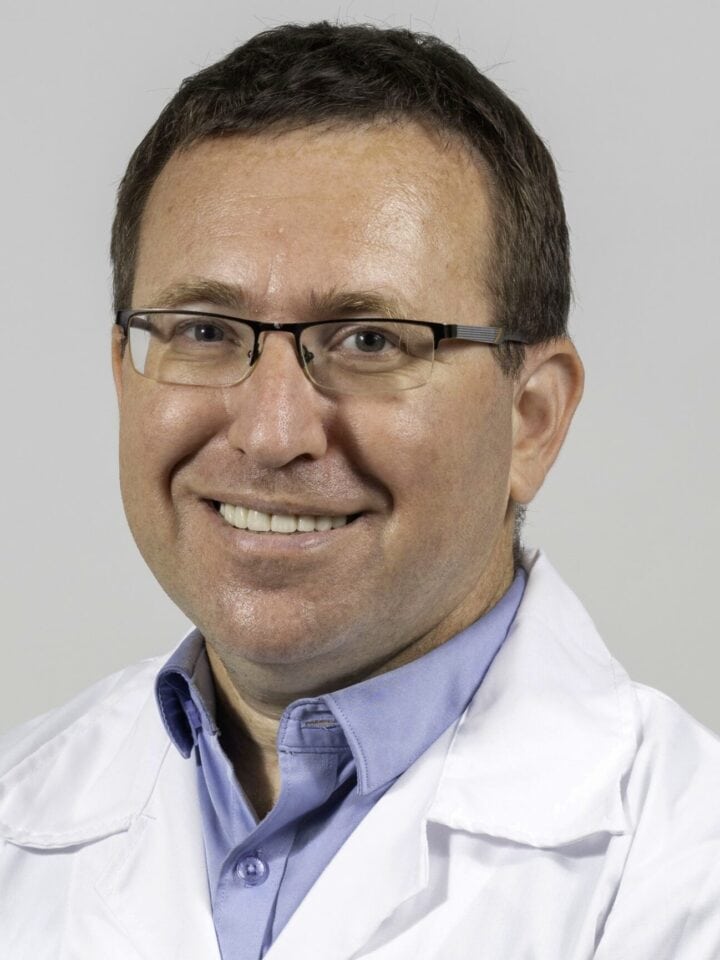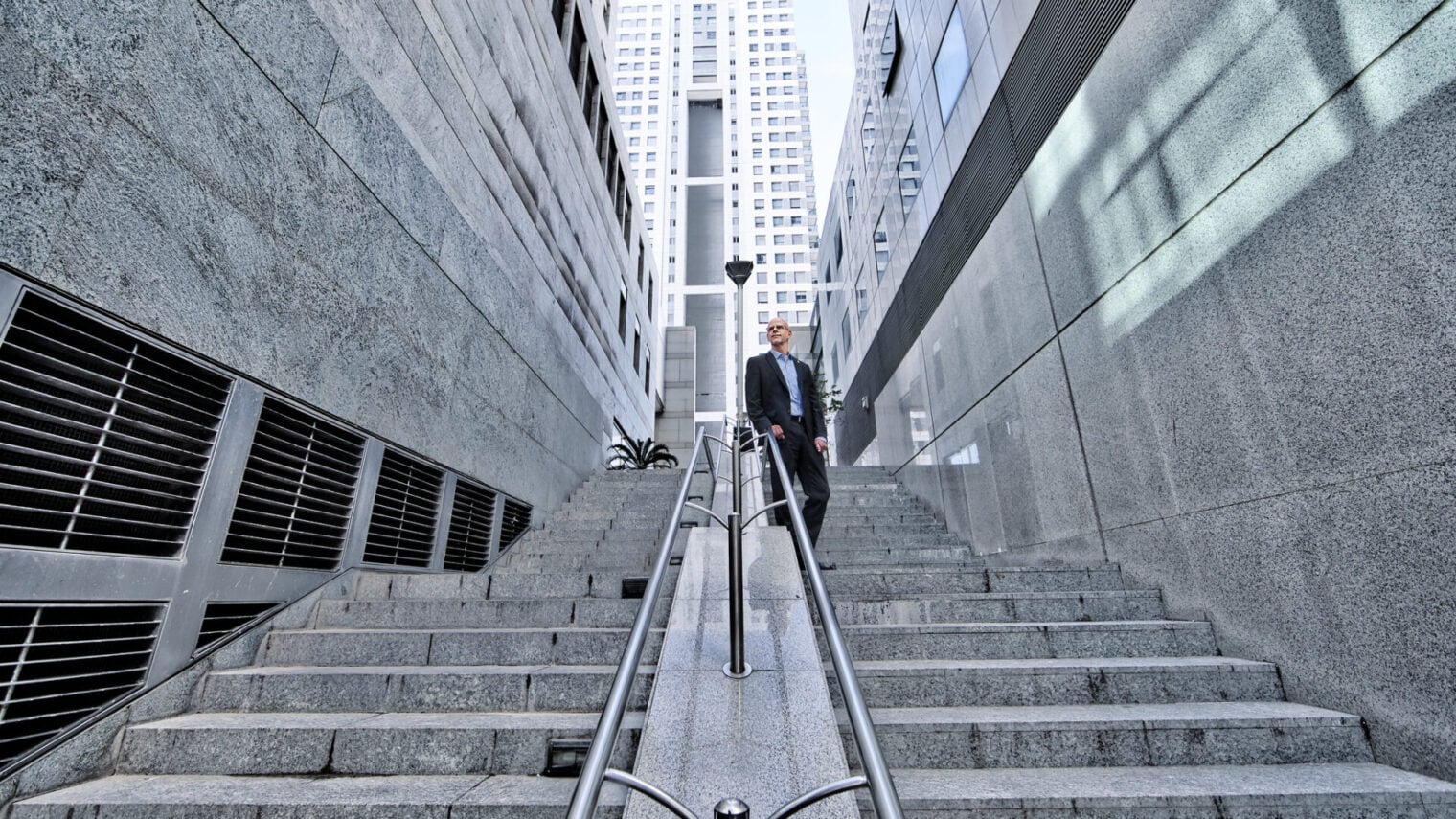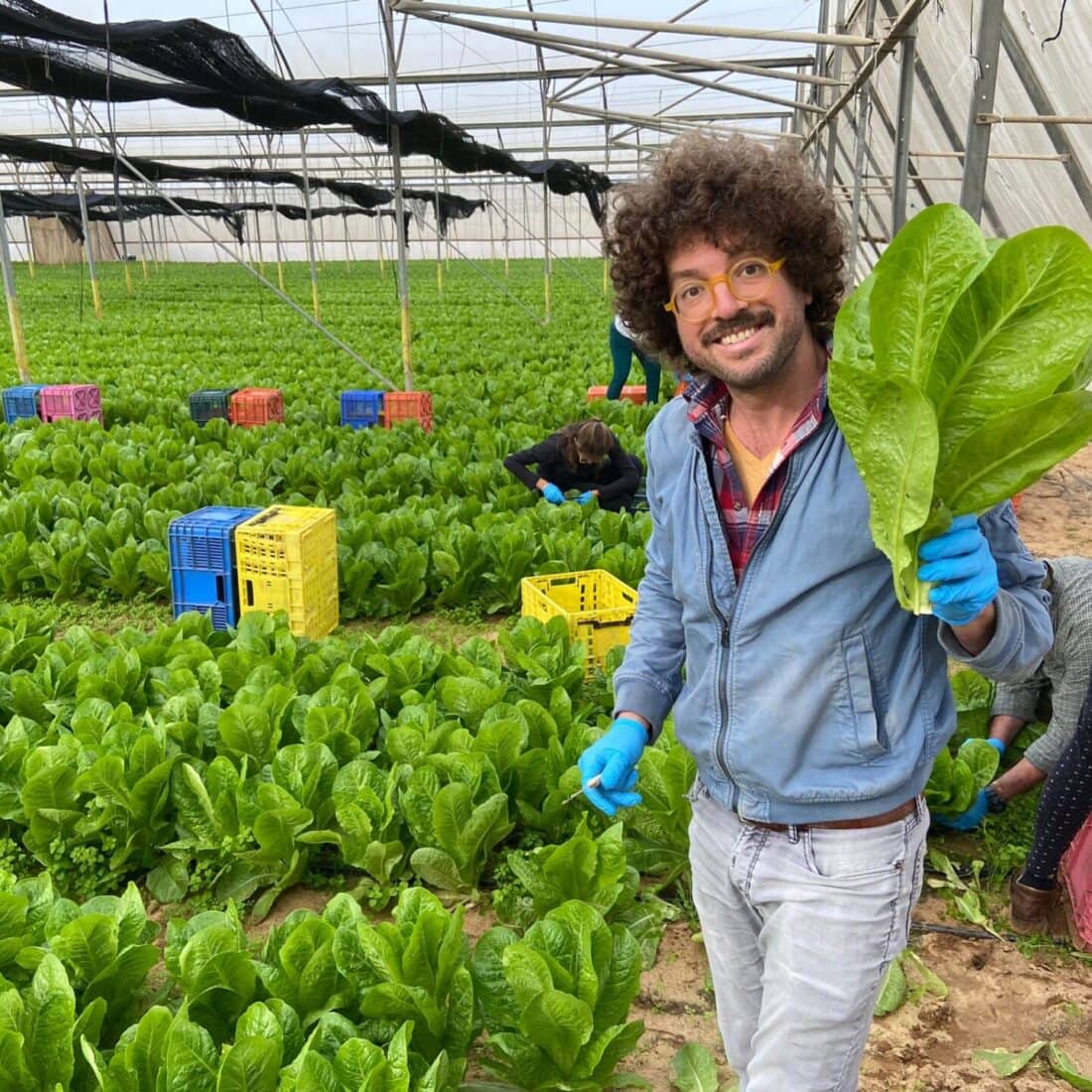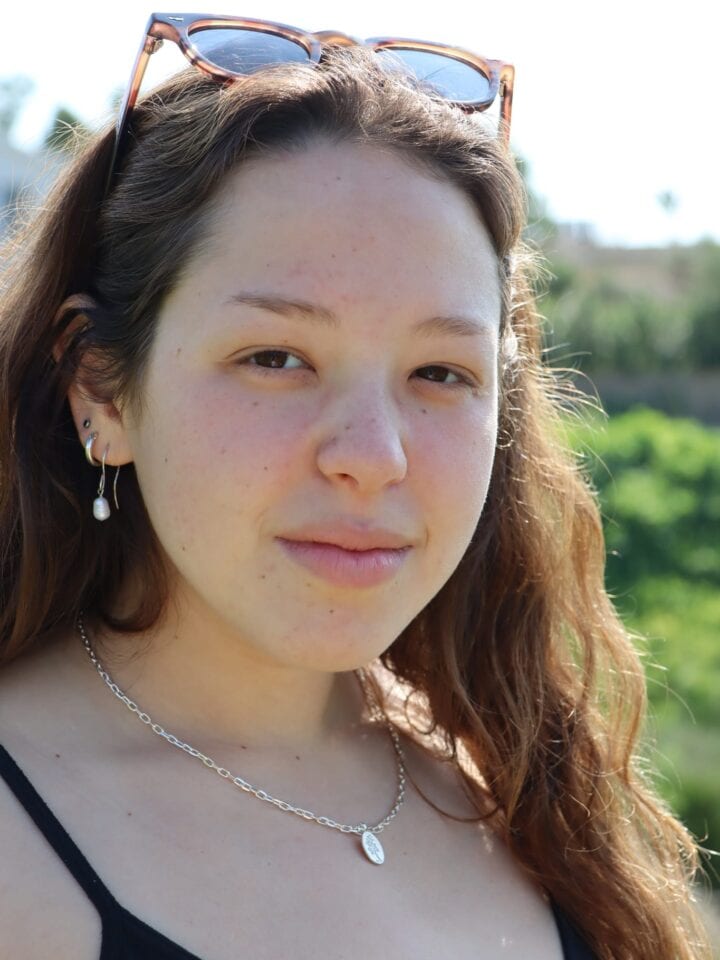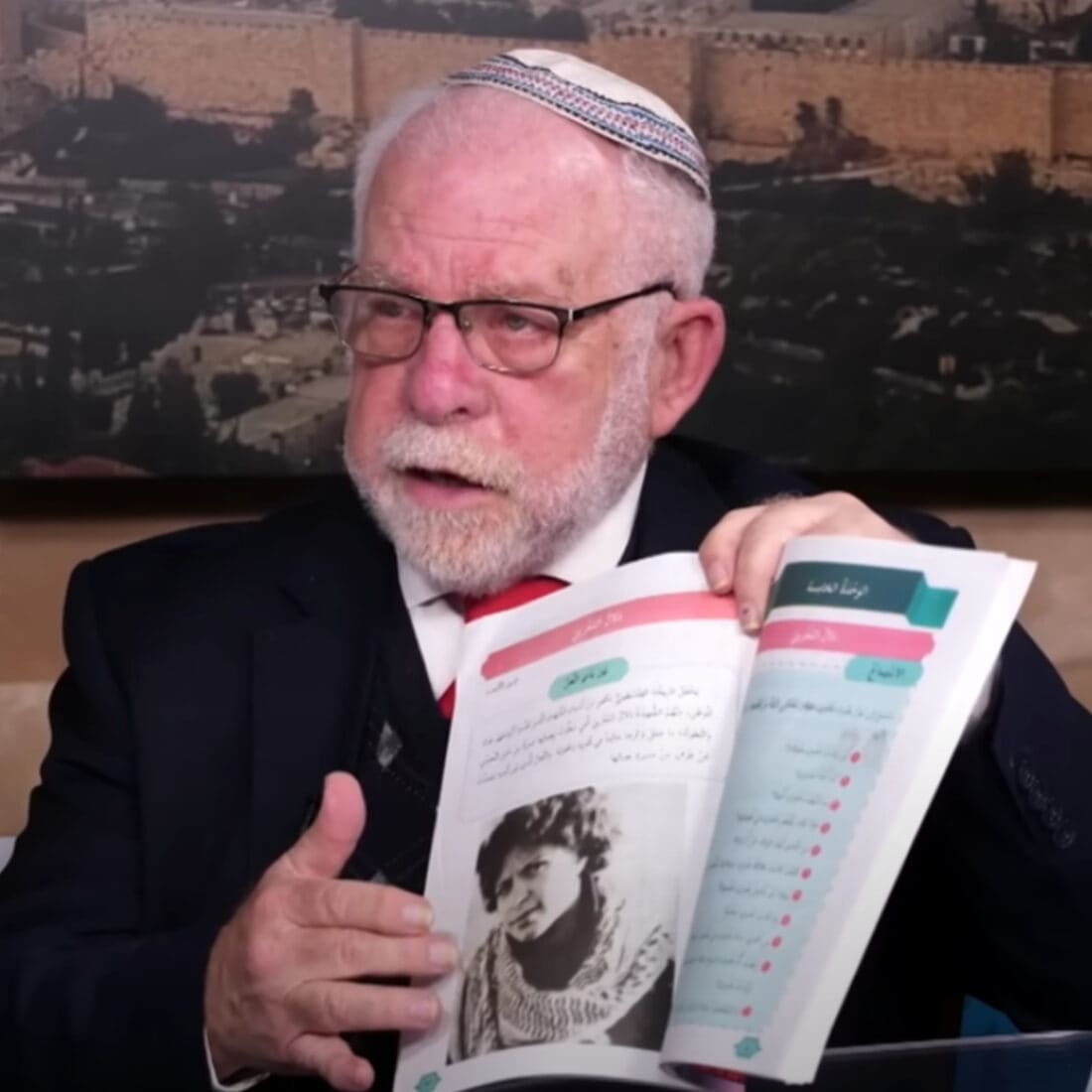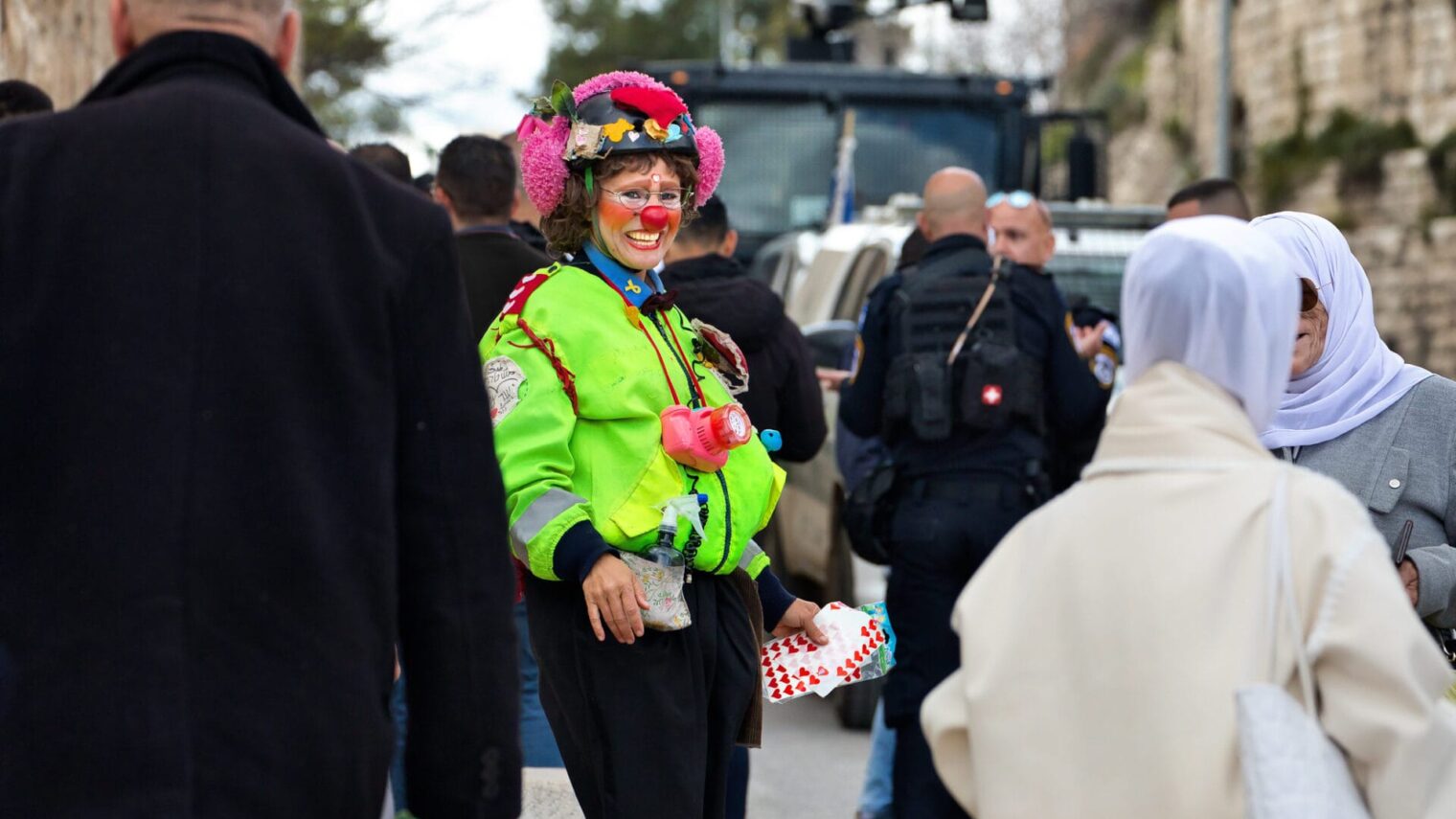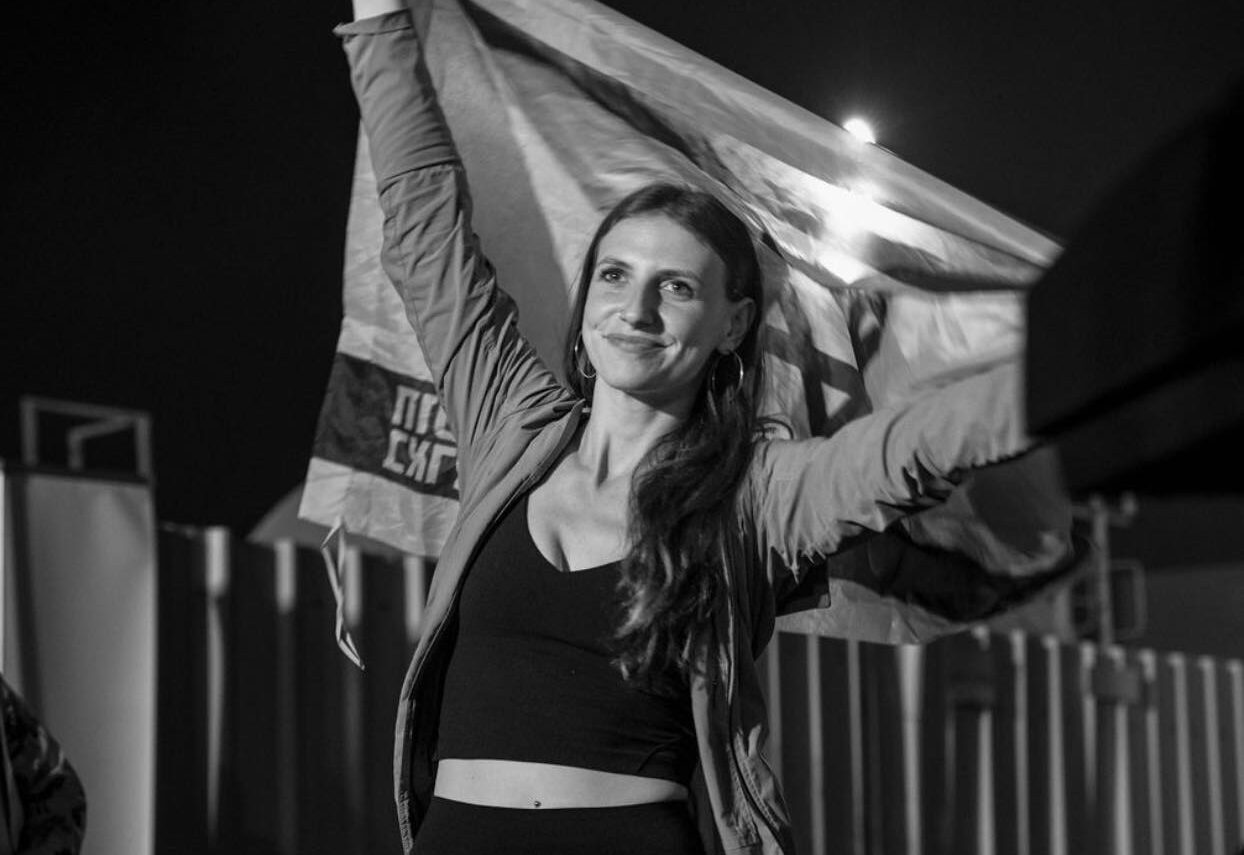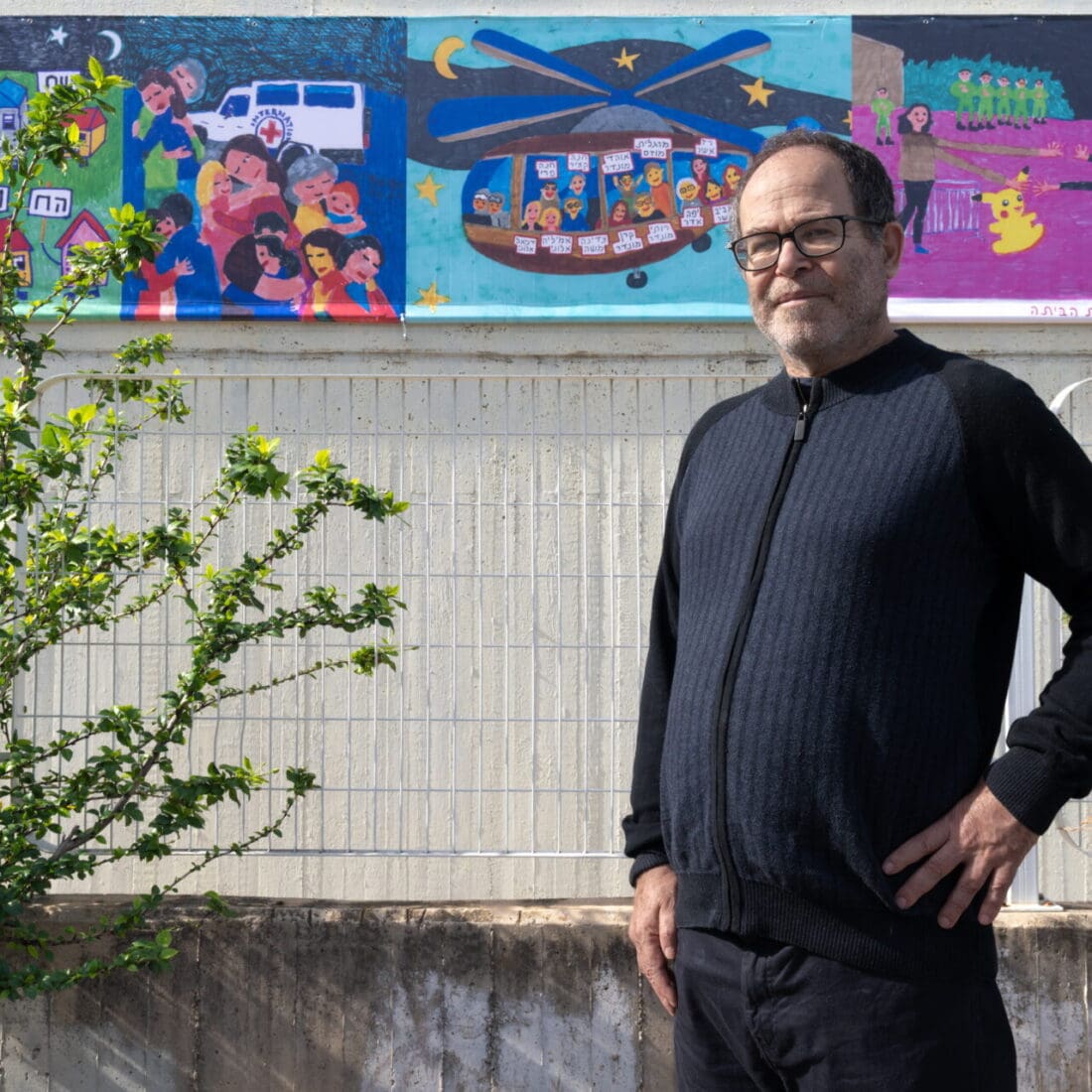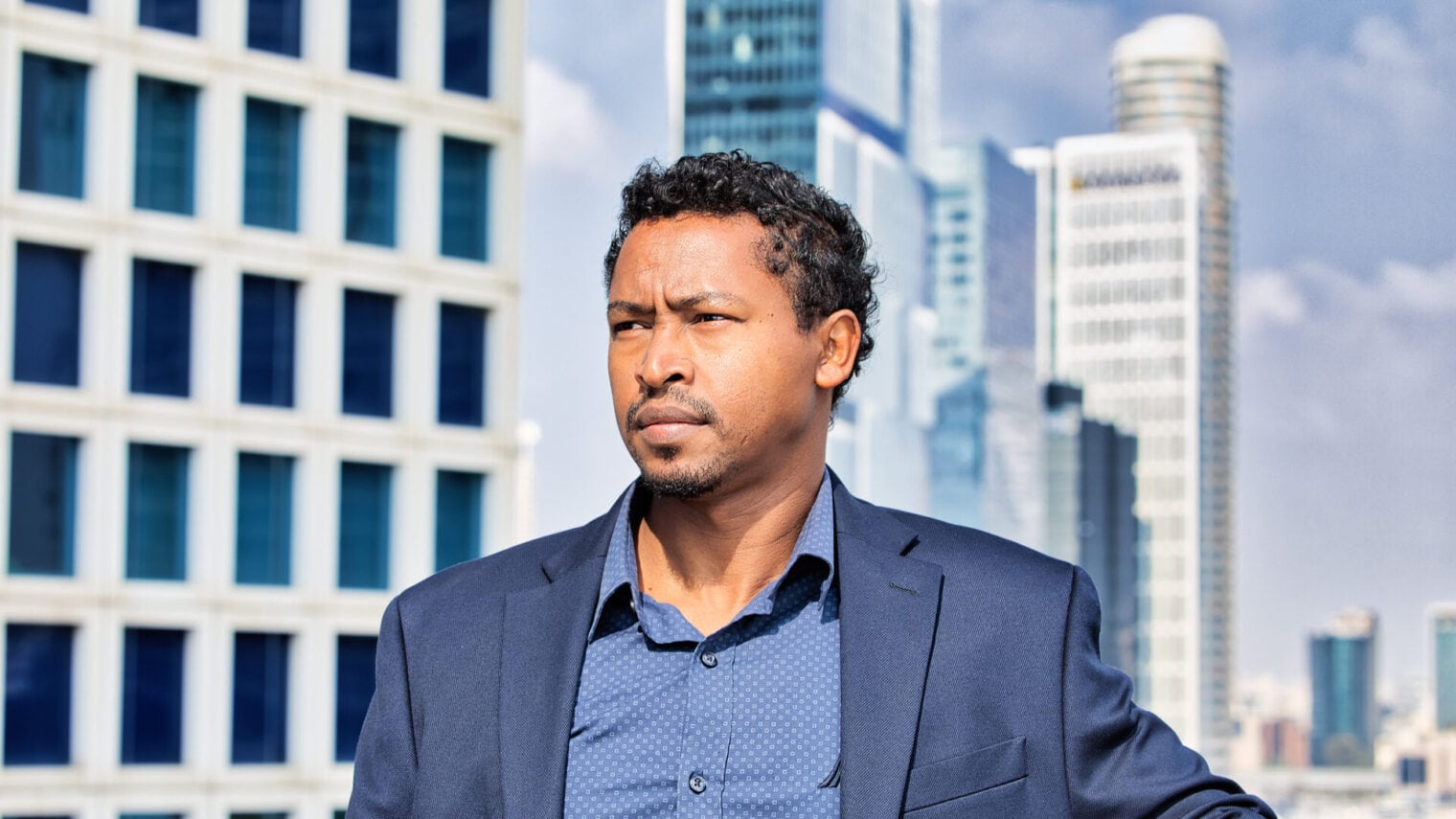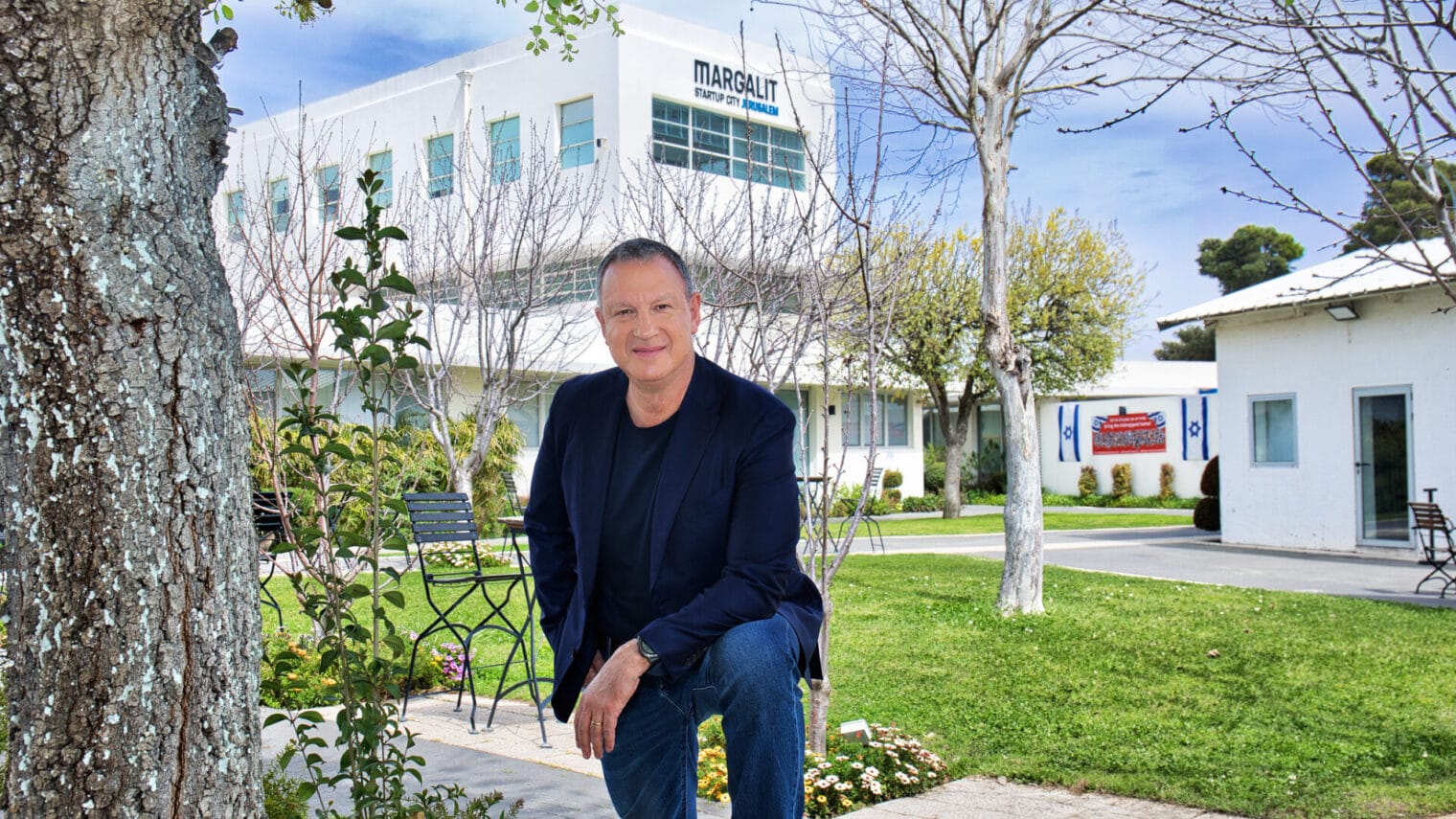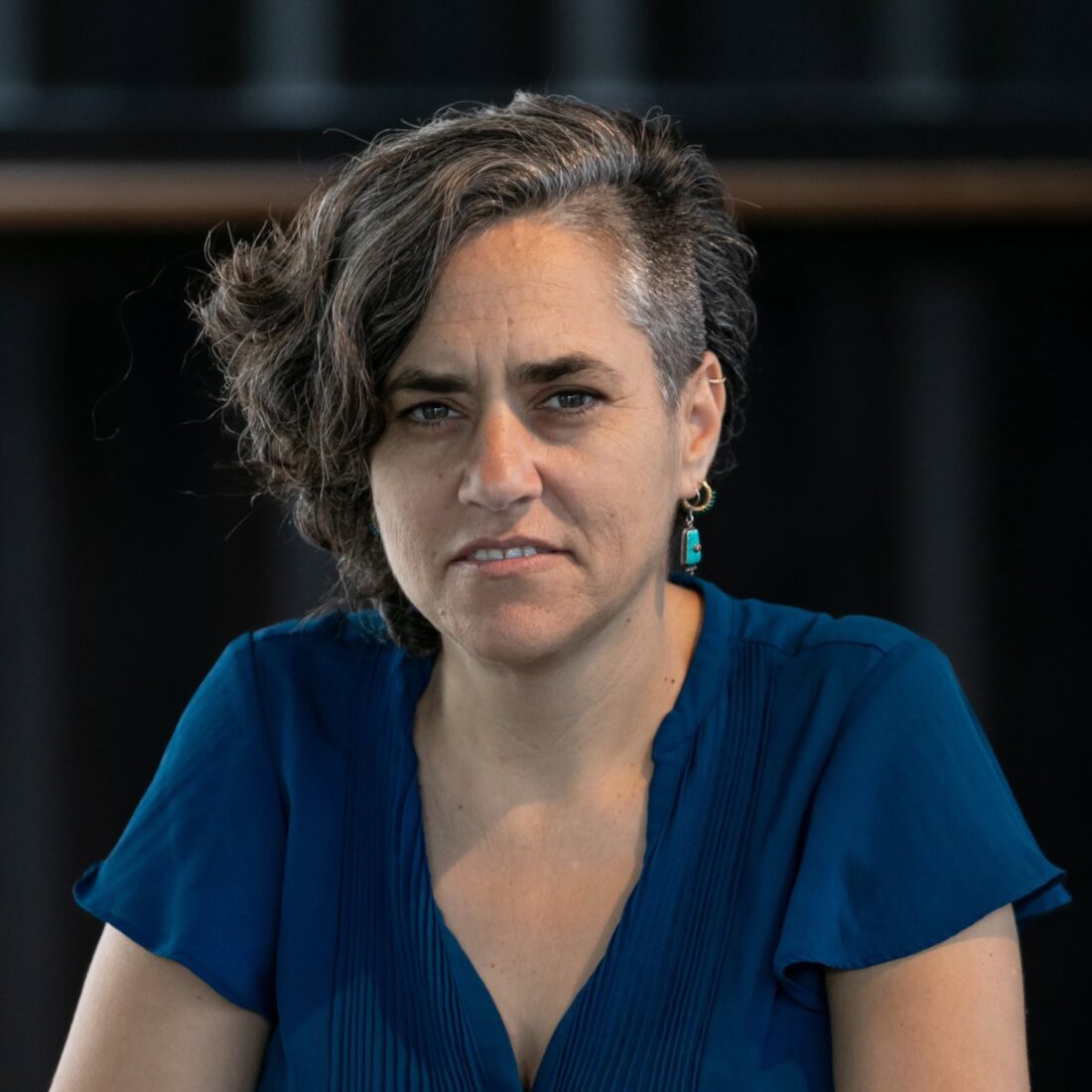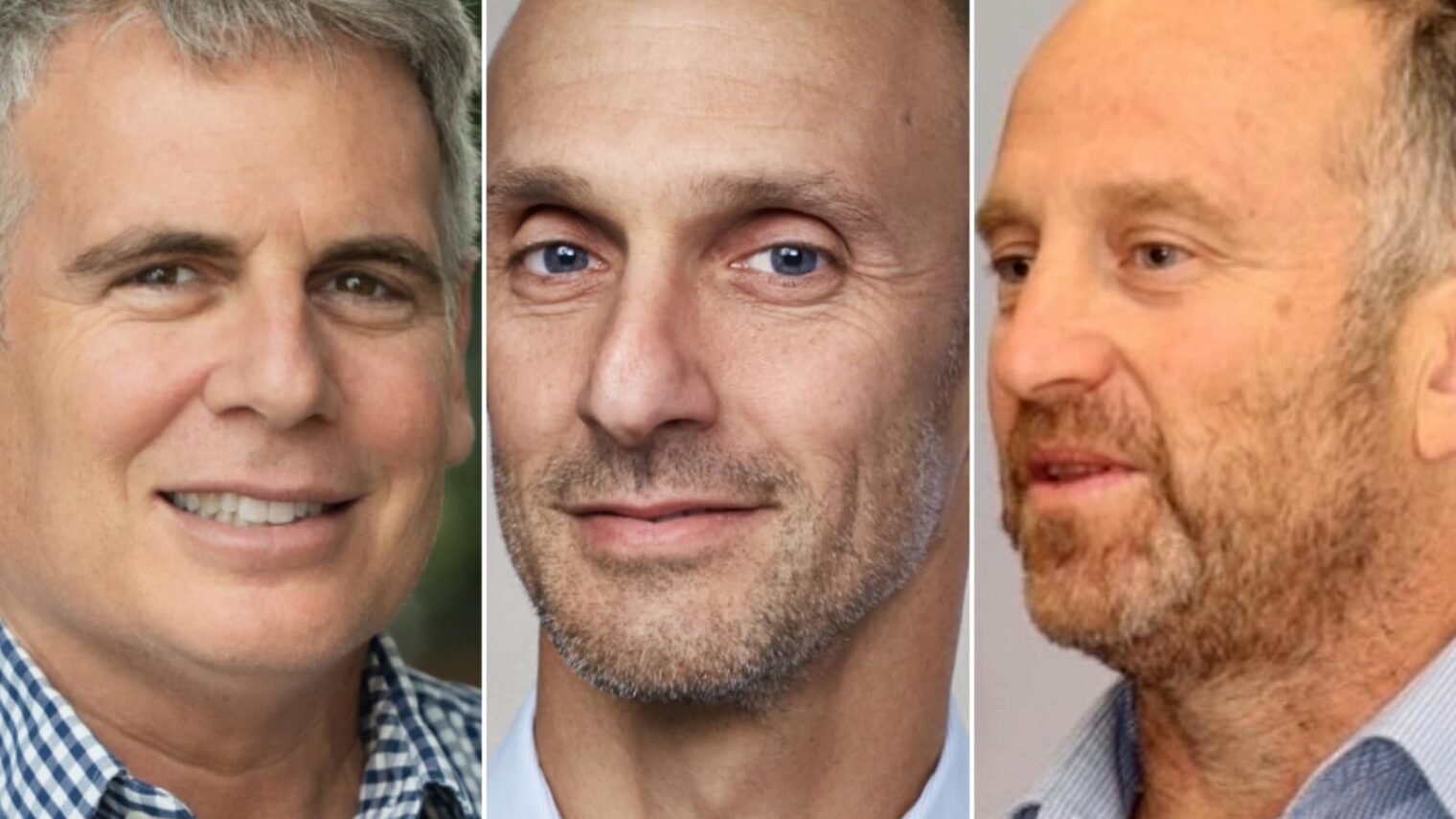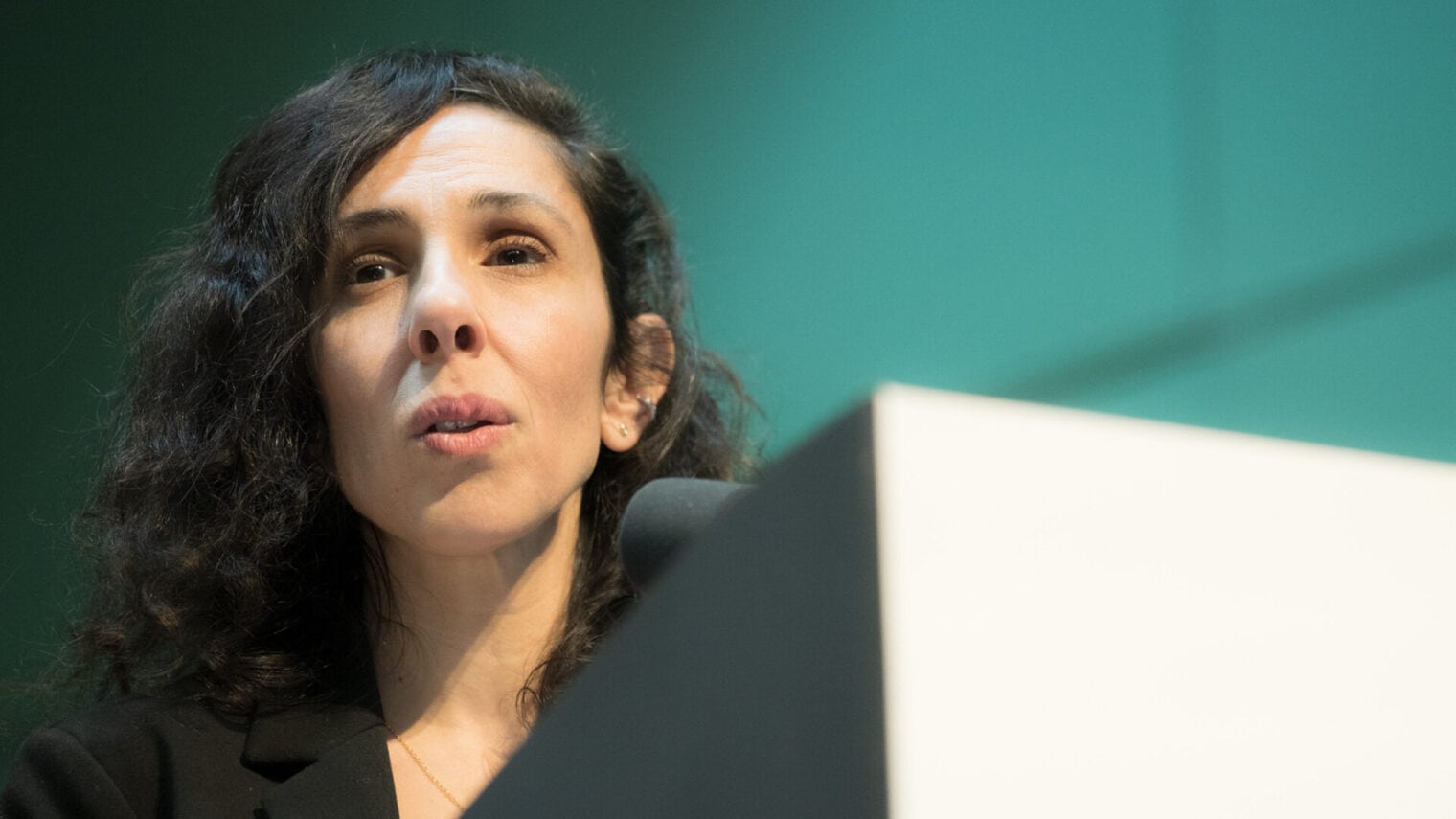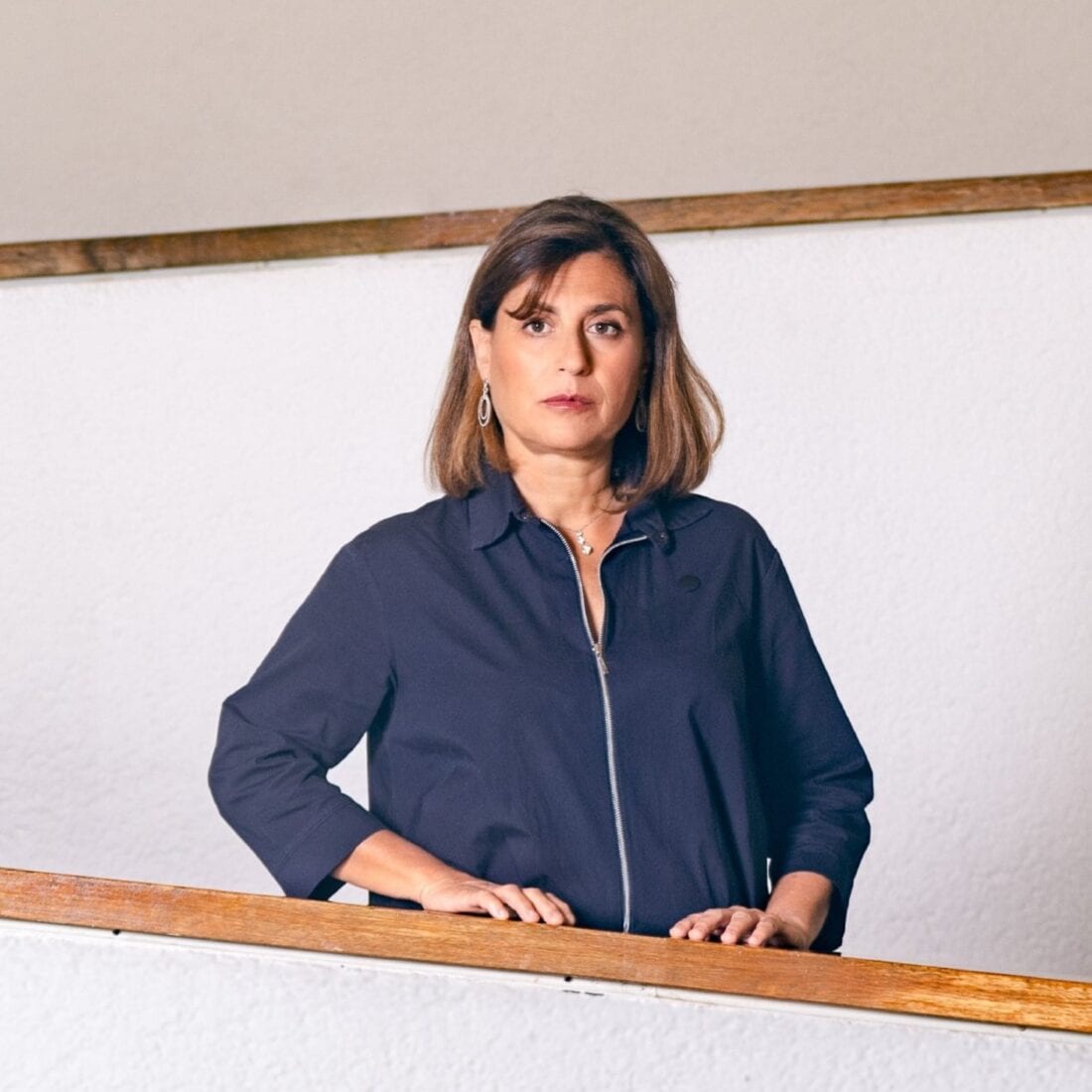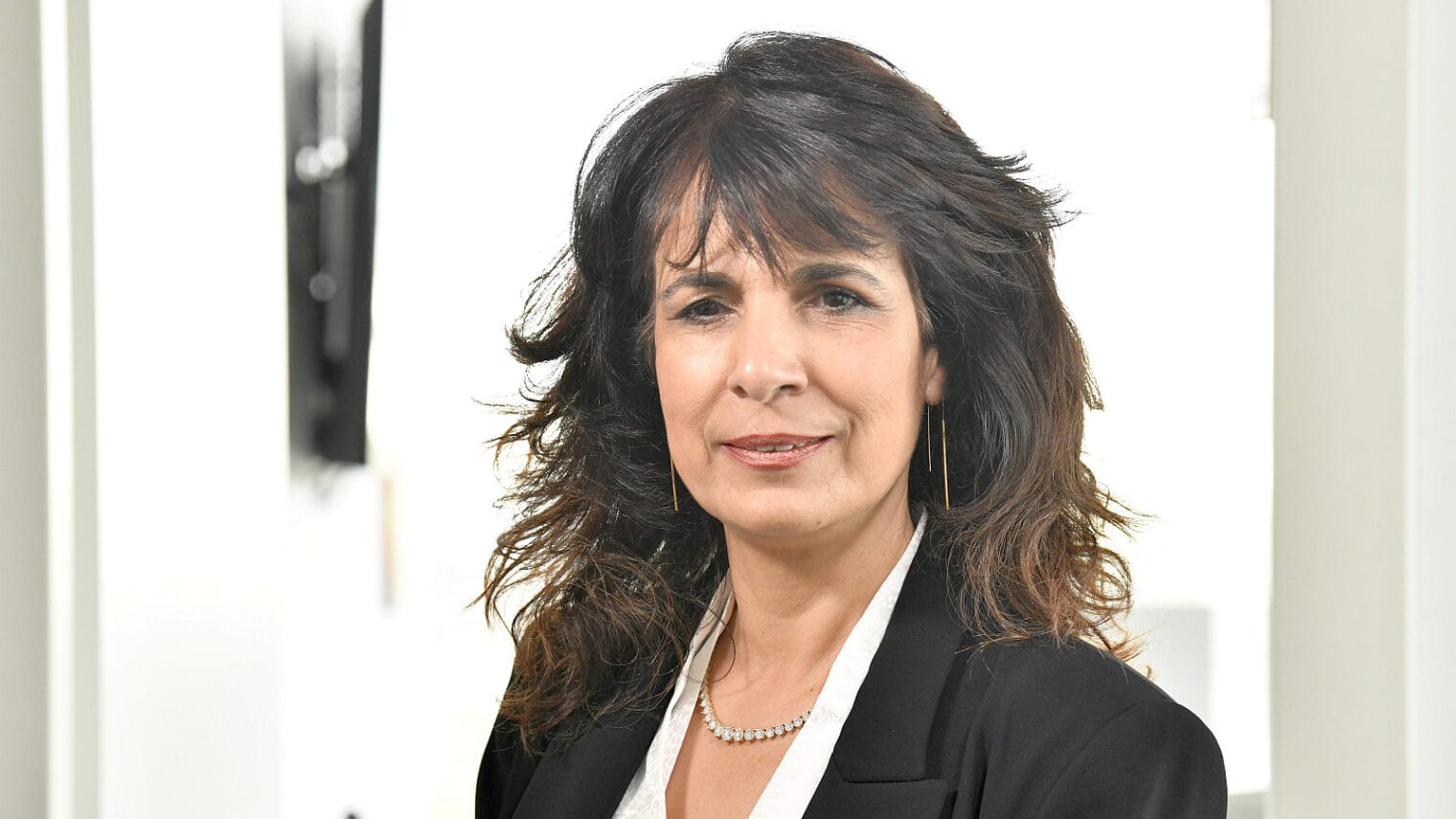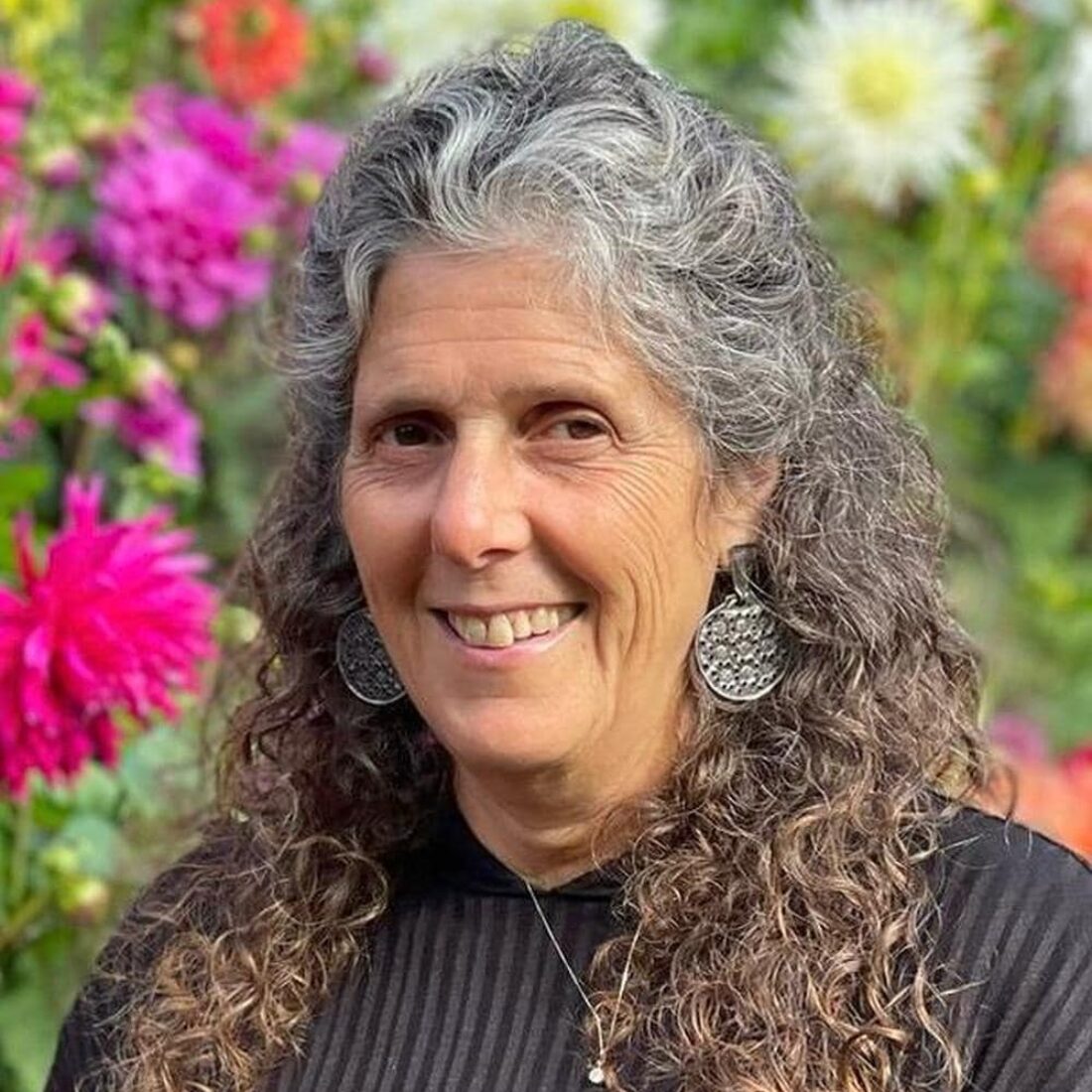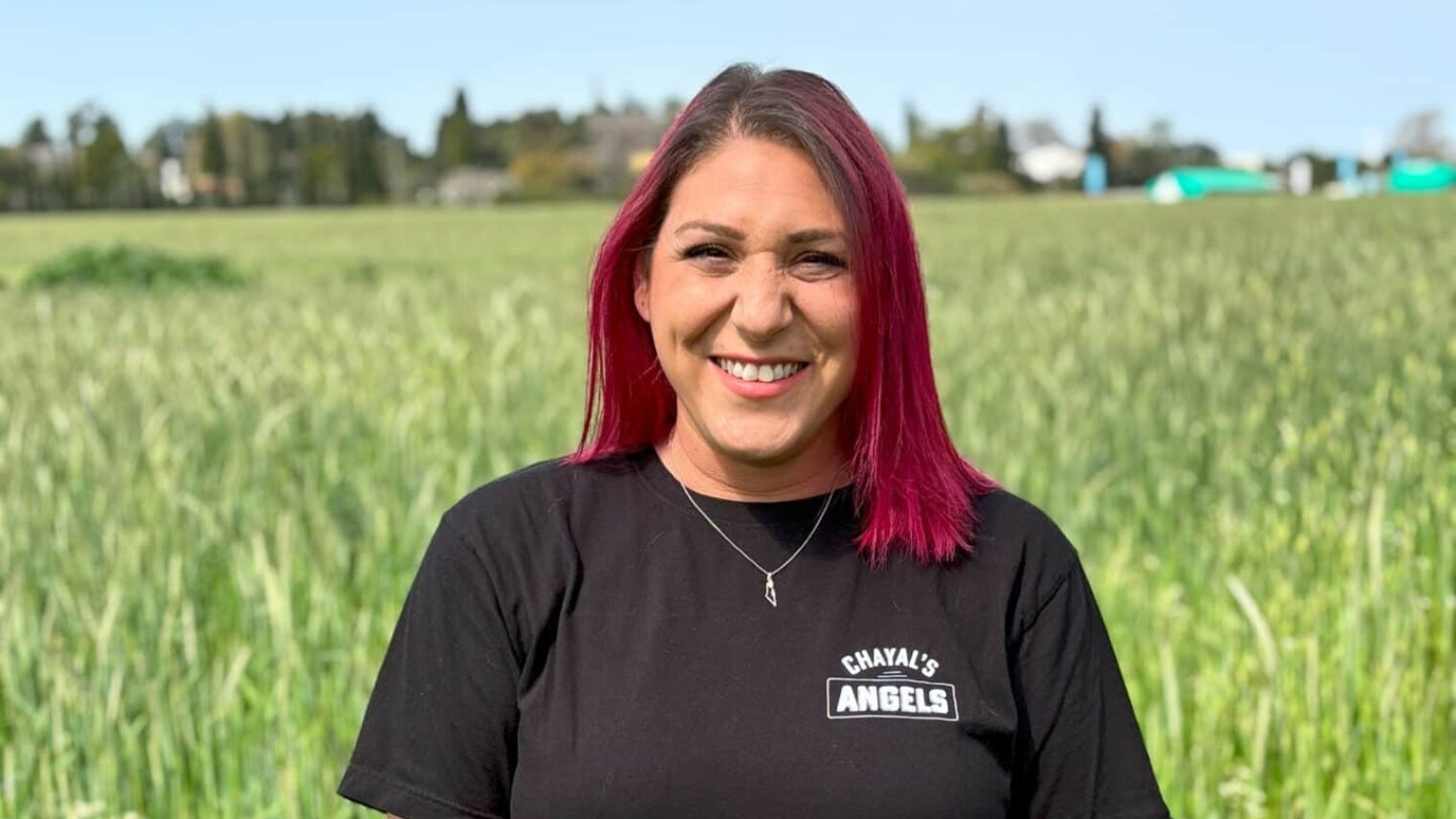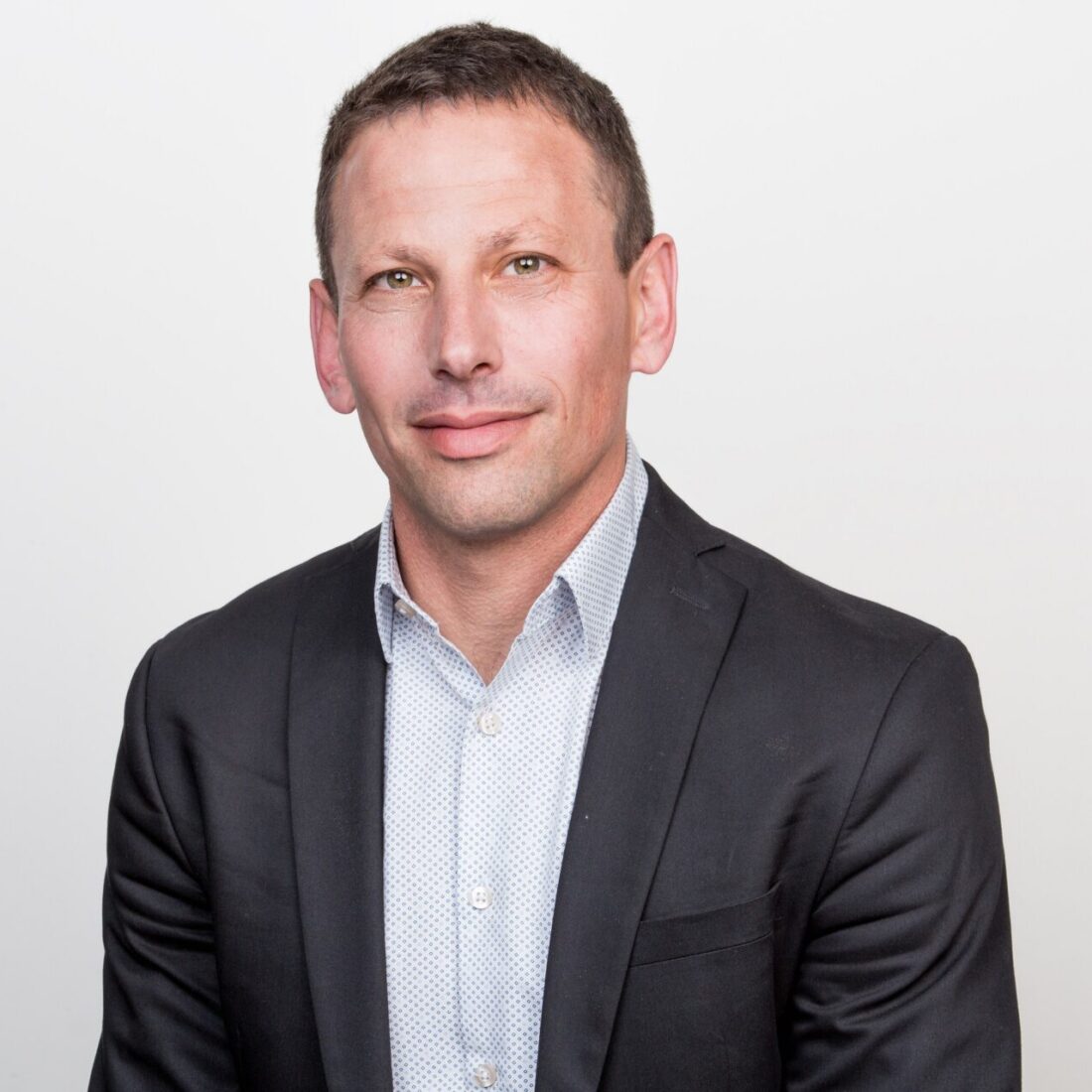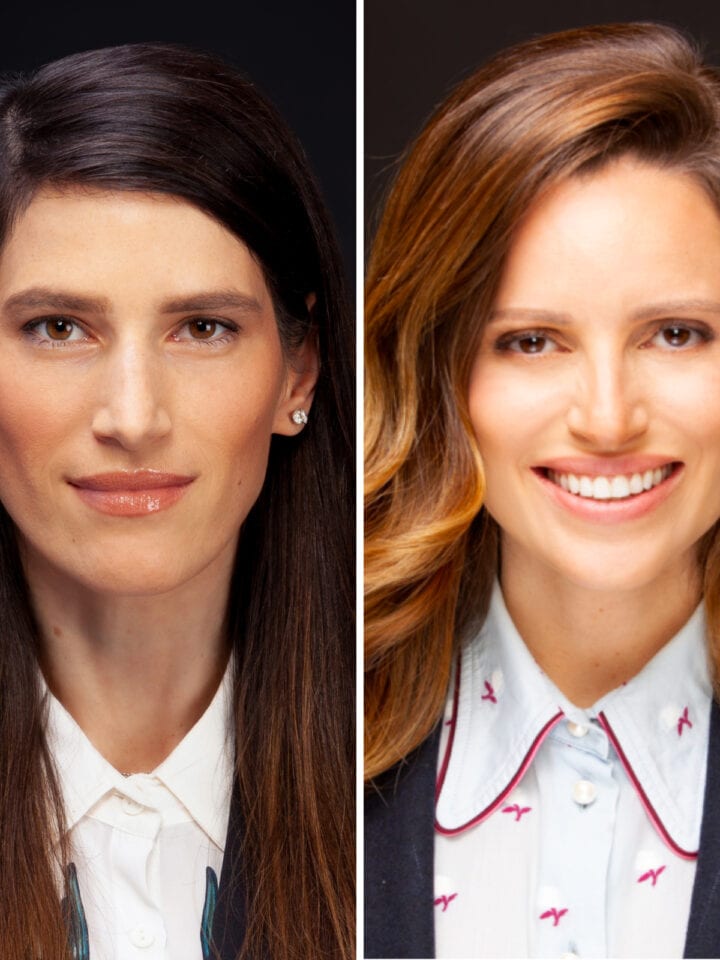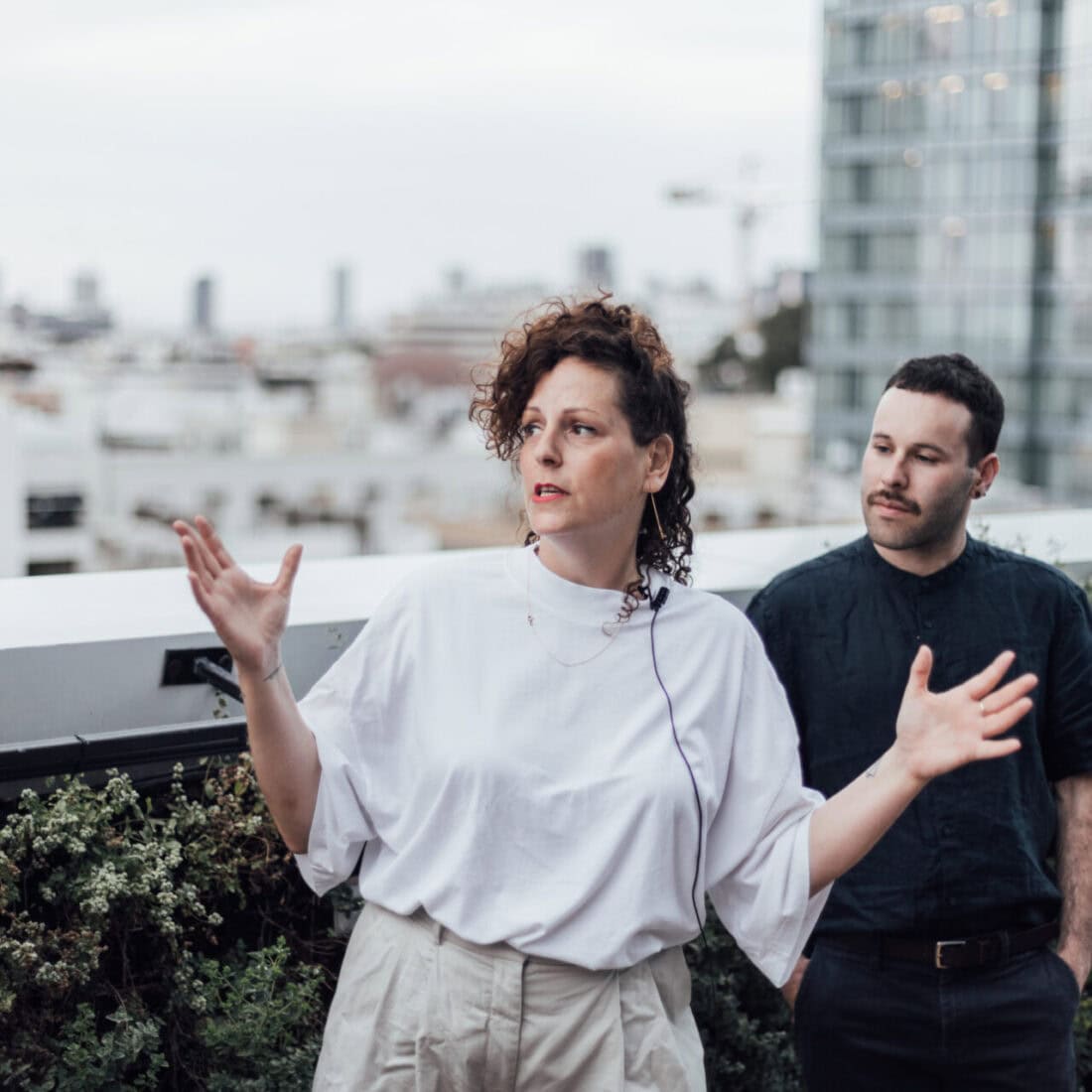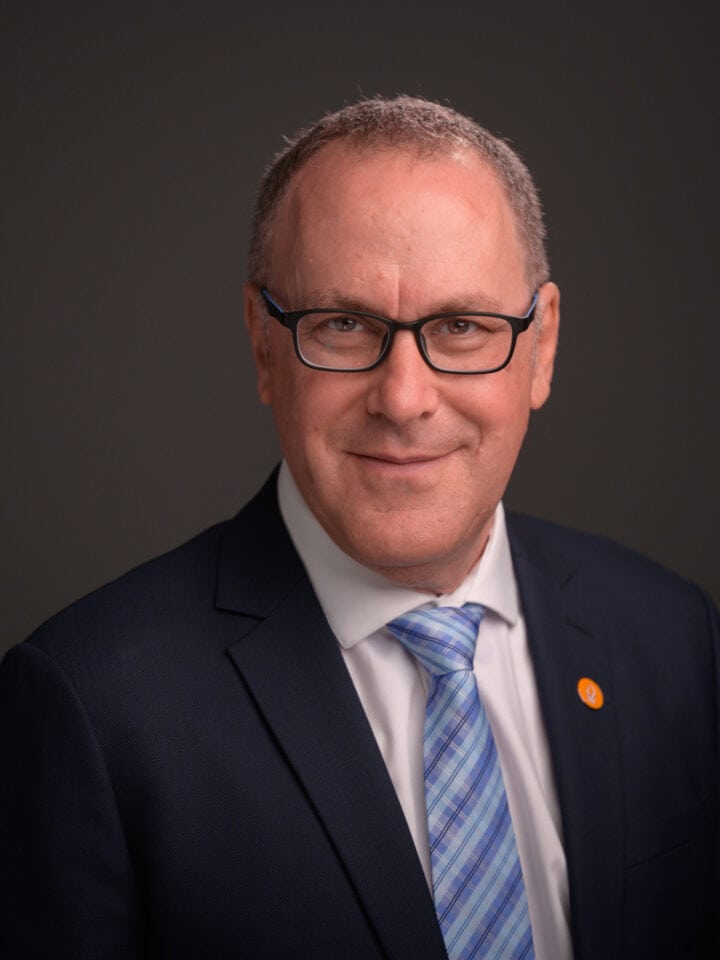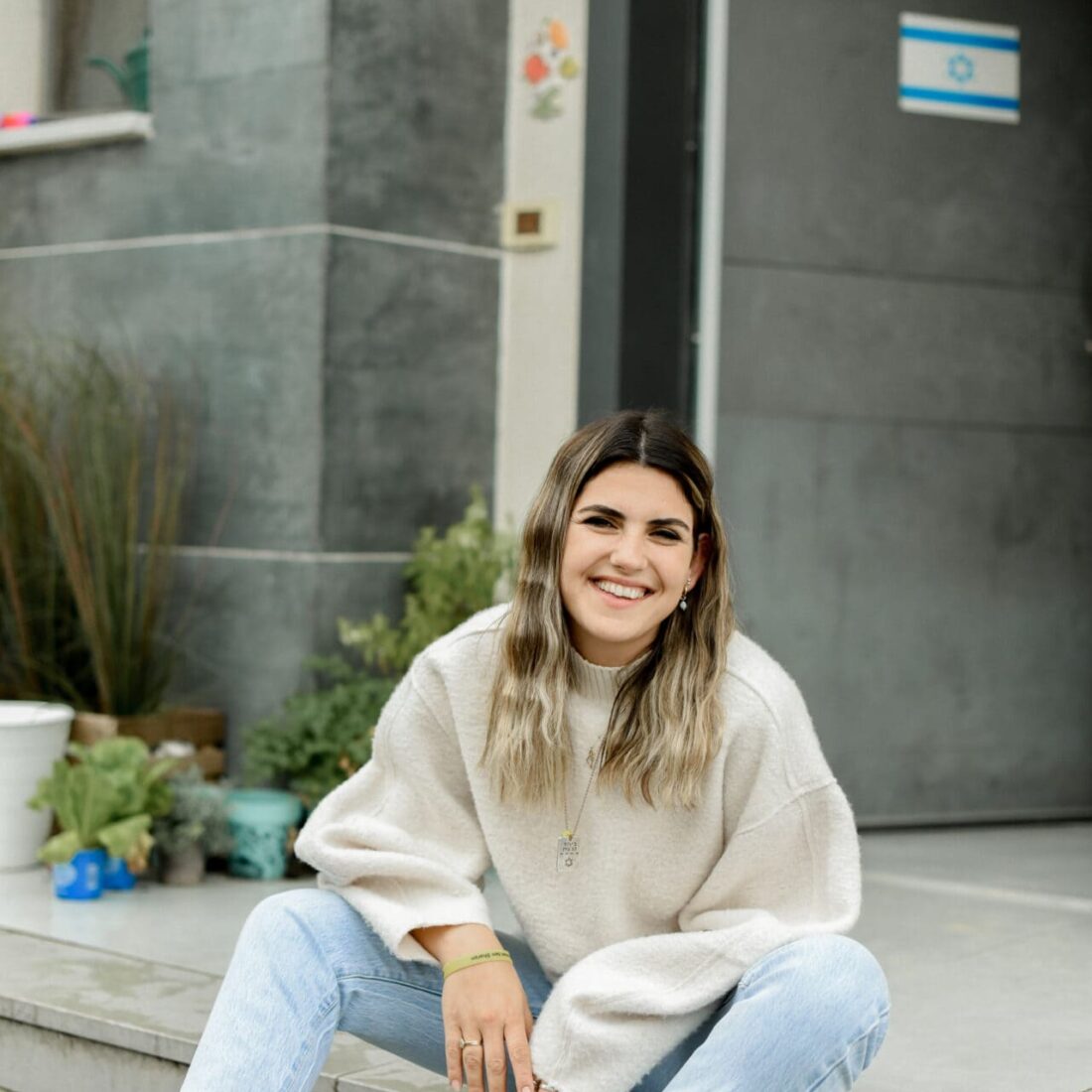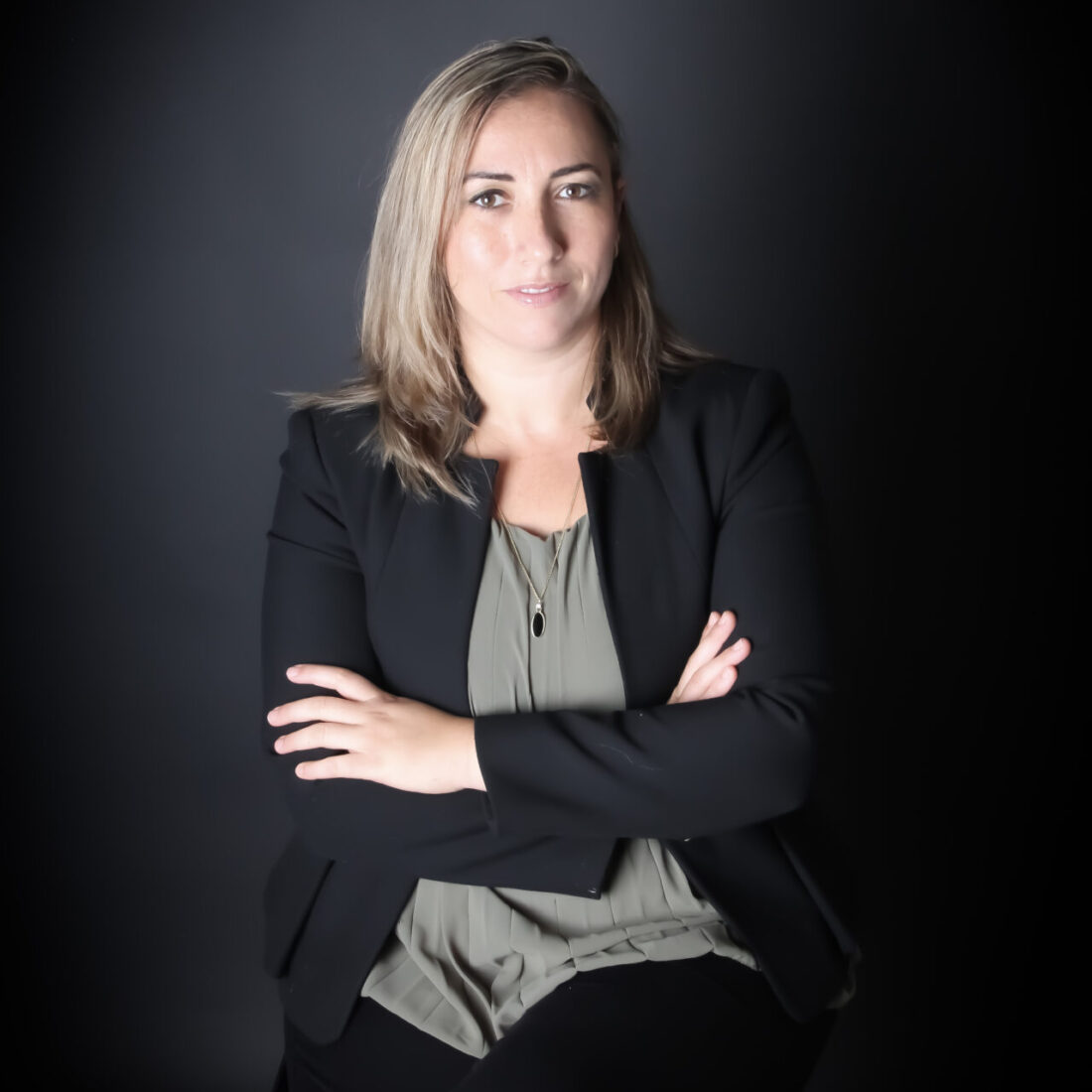Besides raising my family, I am a feminist scholar and lawyer. Until October 7th, my research and teaching revolved around human rights law, international law, climate justice and feminist theories at the Leonard Davis Institute at the Hebrew University of Jerusalem, Reichman University and the Hartman Institute. Additionally, I am the founder of the Dvora Institute for Gender and Sustainability Studies.
Like most Israelis, the attack on October 7th caught me completely by surprise. I was with my family, and together we watched the horrific events unfold on television. Soon after, I realized that I have an obligation to voice the events to the international feminist community.
I established the Civil Commission on October 7th Crimes by Hamas against Women and Children, an independent, non-governmental commission aimed at establishing an archive of data and testimonies; giving voice to the victims and their families, raising awareness of the concerning developments in war crimes against women, children, men and families on and after October 7th; and raising support for this cause.
“The atrocities of October 7th have plunged humanity into new depths of suffering.”
We reached out to several organizations that remained silent for a long time, failing to acknowledge and condemn the crimes and support for the victims. Now we see that our efforts have created an impact as more states and organizations have begun to acknowledge the atrocities.
I feel that the atrocities of October 7th have plunged humanity into new depths of suffering, reshaping our understanding of war crimes against women, children and families. Confronting the shortcomings of international law and systems, we stand amidst an unprecedented wave of denial.
Revealing the truth holds immense importance, not just for ensuring accountability for perpetrators, but also for recognizing the profound impact that October 7th had on women, families, survivors and the community.
This endeavor is crucial for establishing a historical record that will guide future generations. Advocating for change and actively working to prevent similar atrocities in Israel and anywhere else in the world in the future are imperative tasks we must undertake. Justice begins with recognition and understanding the dynamics of these atrocities.
Our community is diverse and inclusive, encompassing Israelis, Jewish communities around the world, world leaders, feminists, scholars and all individuals who stand in solidarity against crimes against humanity. Our work plays a crucial role in preventing future violence through education and addressing root causes, and building resilience through social cohesion and empowerment.
“Justice begins with recognition and understanding the dynamics of these atrocities.”
It feels surreal to juxtapose “before” and “after” October 7th in the same context. Prior to that day, my focus was primarily on teaching international law and collaborating with international organizations to empower women in Israel and around the world, particularly advocating for their inclusion in decision-making processes.
October 7th marked a profound shift in my perspective, fundamentally altering how I perceive international law and organizations. Previously, I instilled in my students a steadfast belief in international standards and practices, assuming they would naturally safeguard Israeli women, children and families. However, in the wake of October 7th, I find myself grappling with uncertainty and doubt regarding these assurances.
We in the commission have been since meticulously examining photos, videos and other material from the atrocities. This phase is undeniably the most difficult aspect of our work. Many scholars find themselves unable to bear witness to the horrific scenes depicted. This presents a significant challenge for us as we strive to progress in establishing the archive and analyzing the material.
These events have deeply affected millions of Jews worldwide, coinciding with a troubling global surge in antisemitism and a rise in antisemitic incidents and put women around the world at risk. By uniting, we have a chance to show solidarity, collectively share the weight of these experiences, and acknowledge the human suffering endured by our people. Acknowledging this trauma collectively is the first step toward healing.
Through collective action, I believe that communities can amplify the voices of victims, pressure governments and international organizations for accountability, and work towards creating a more just and inclusive society that is better equipped to prevent and respond to such atrocities in the future.





